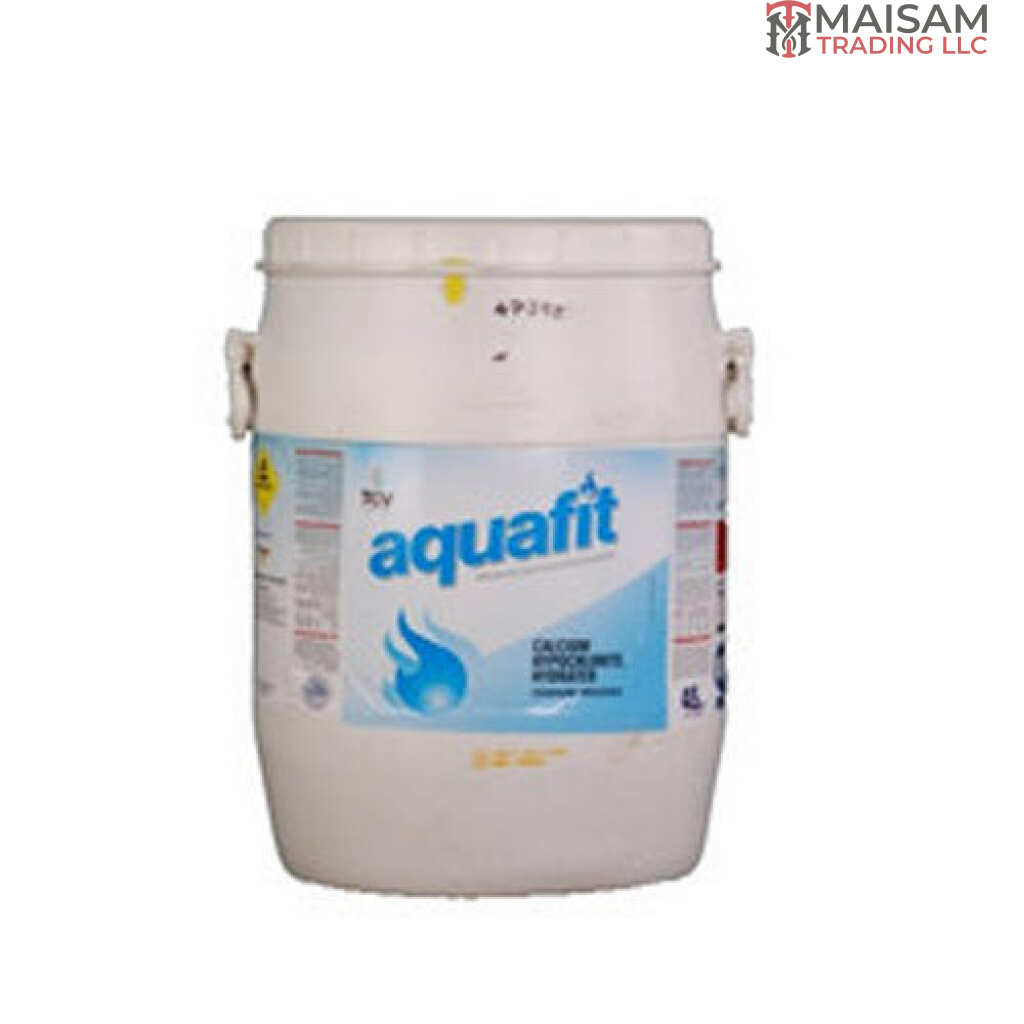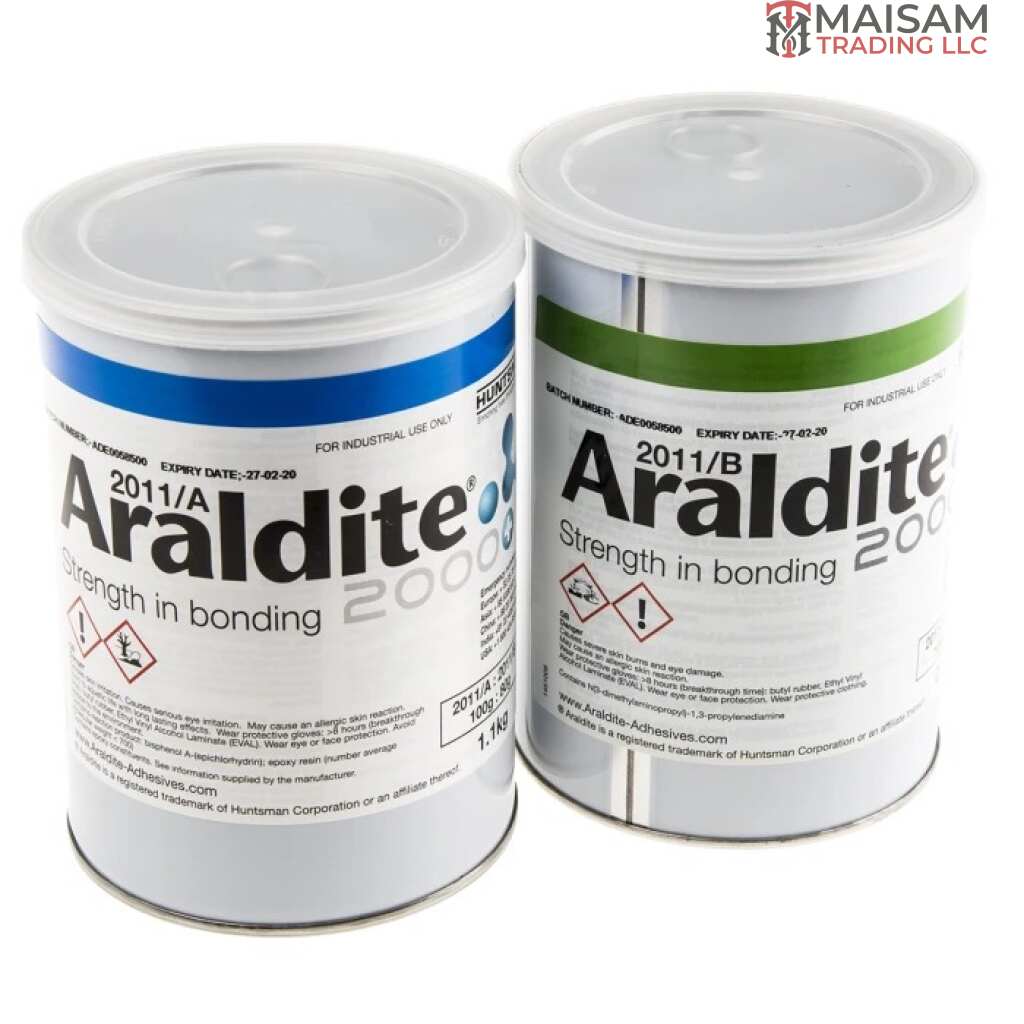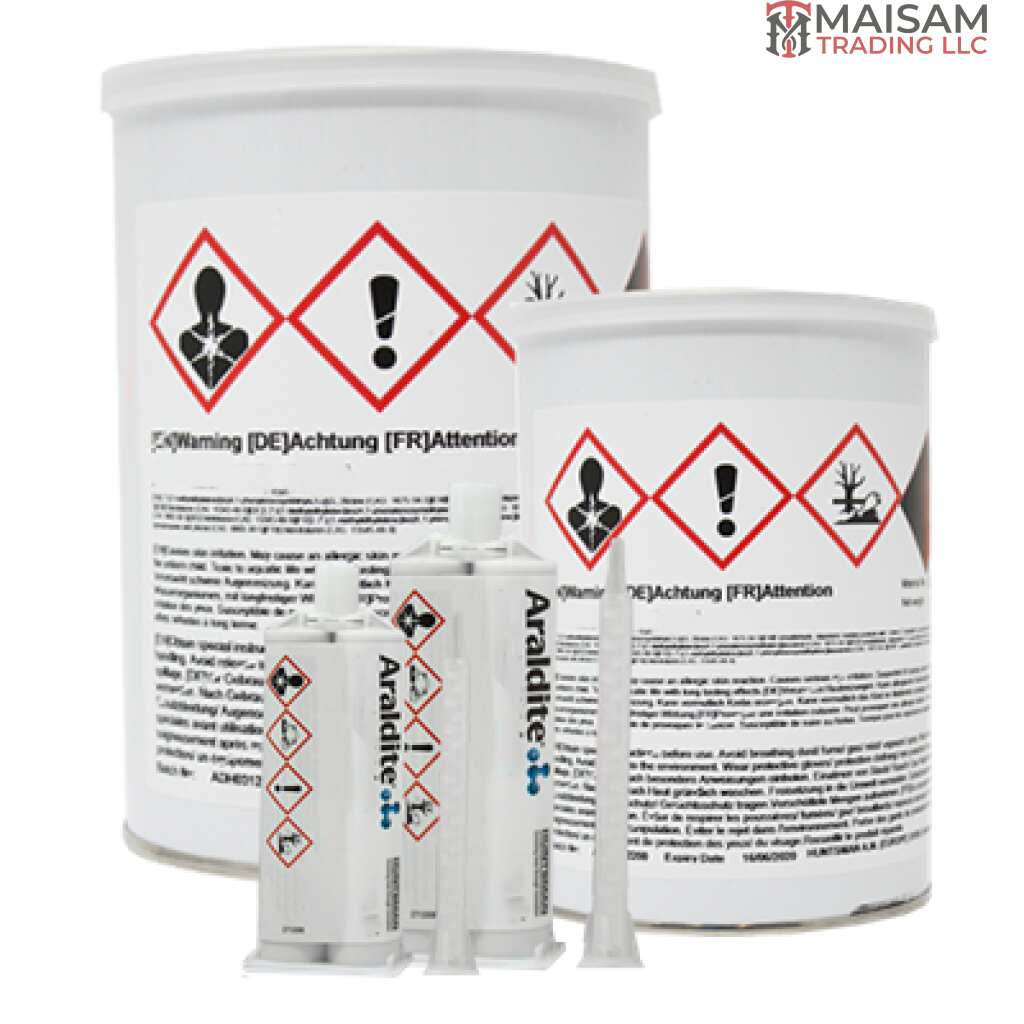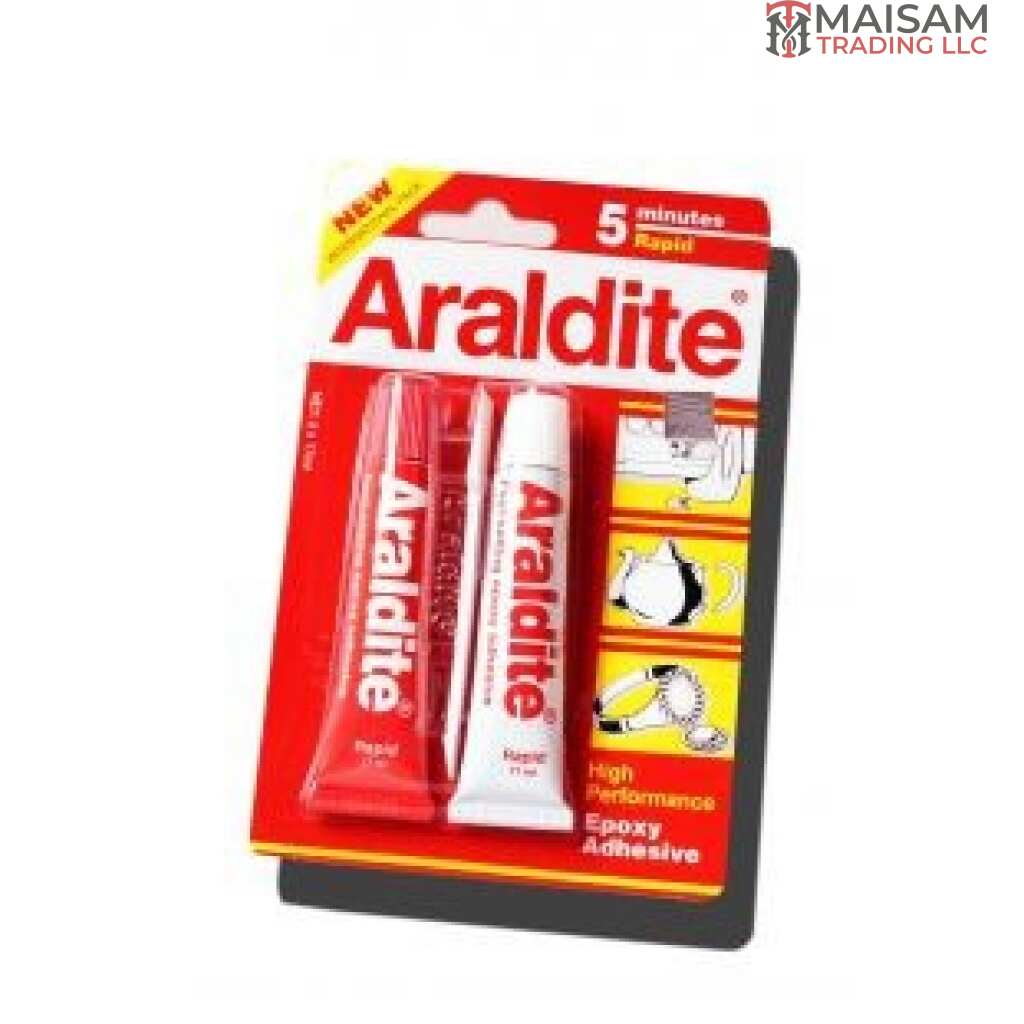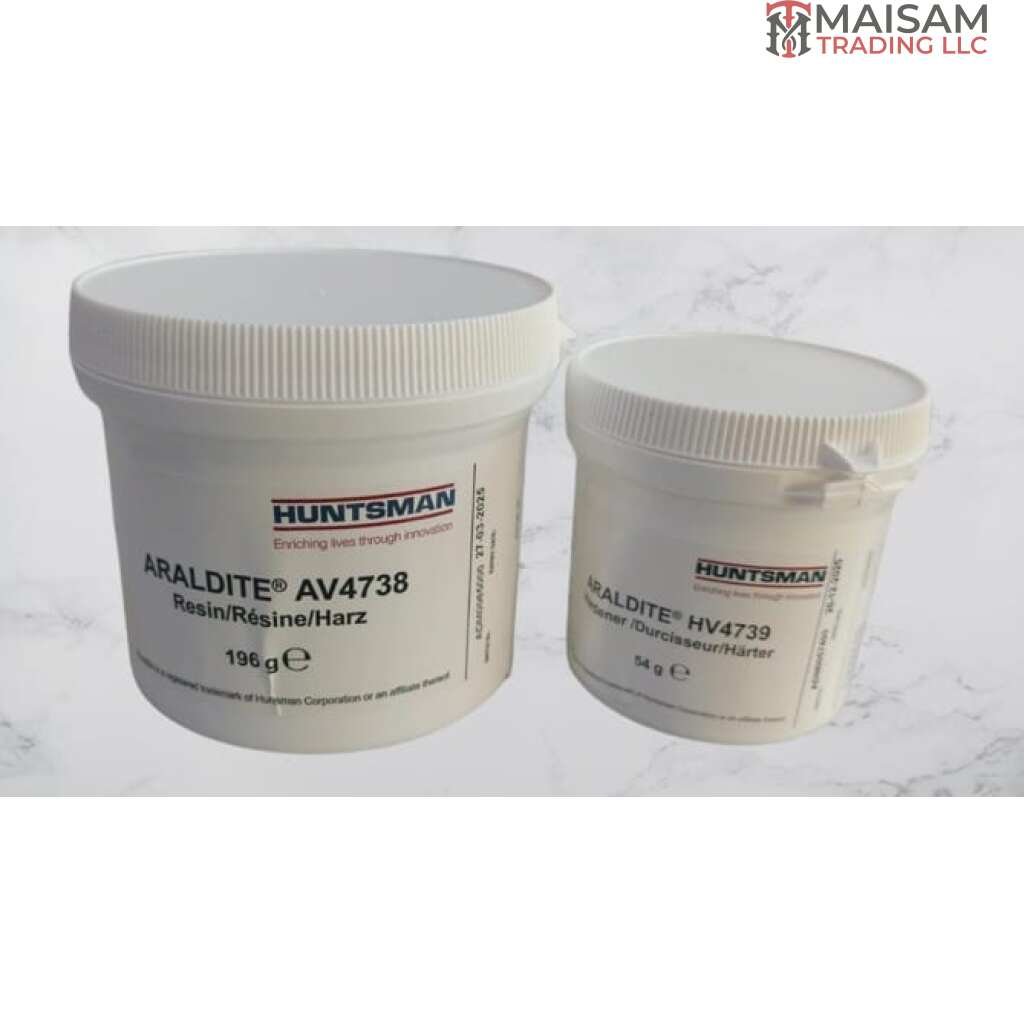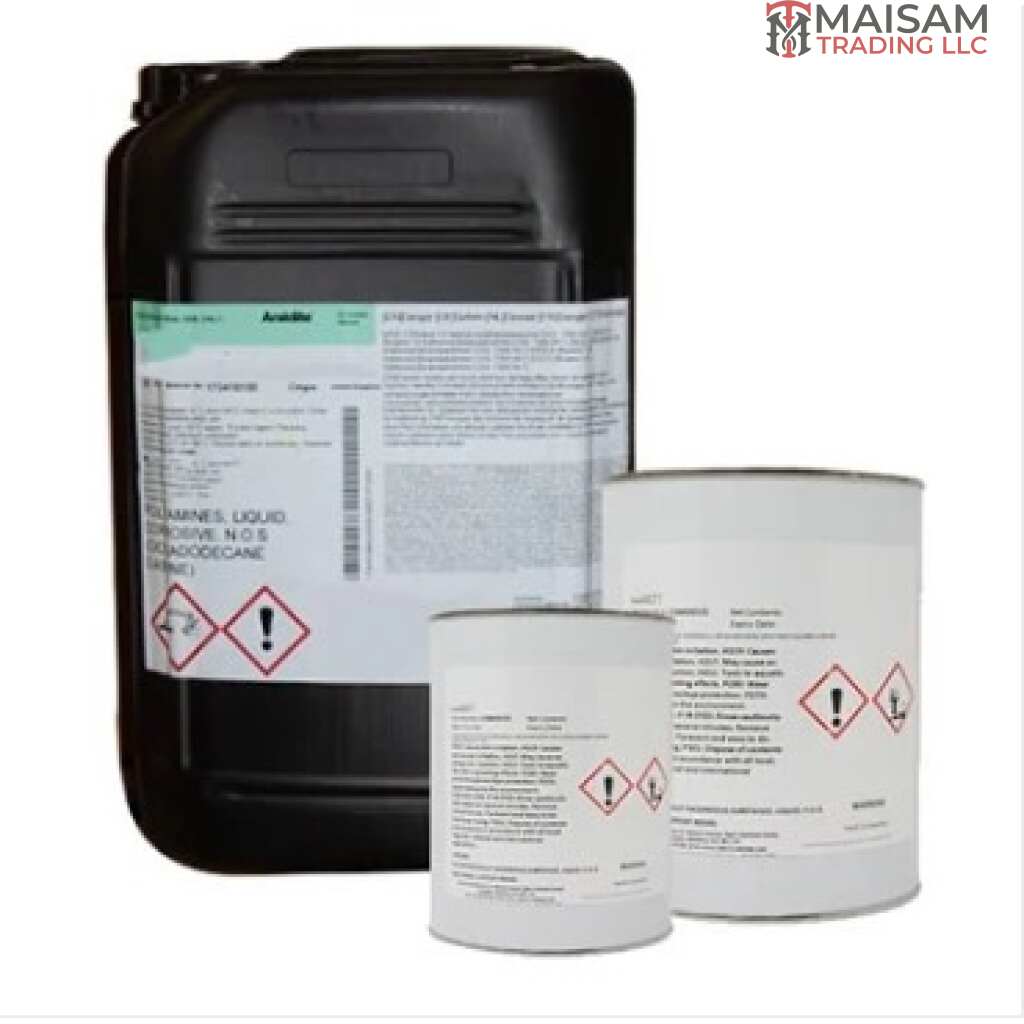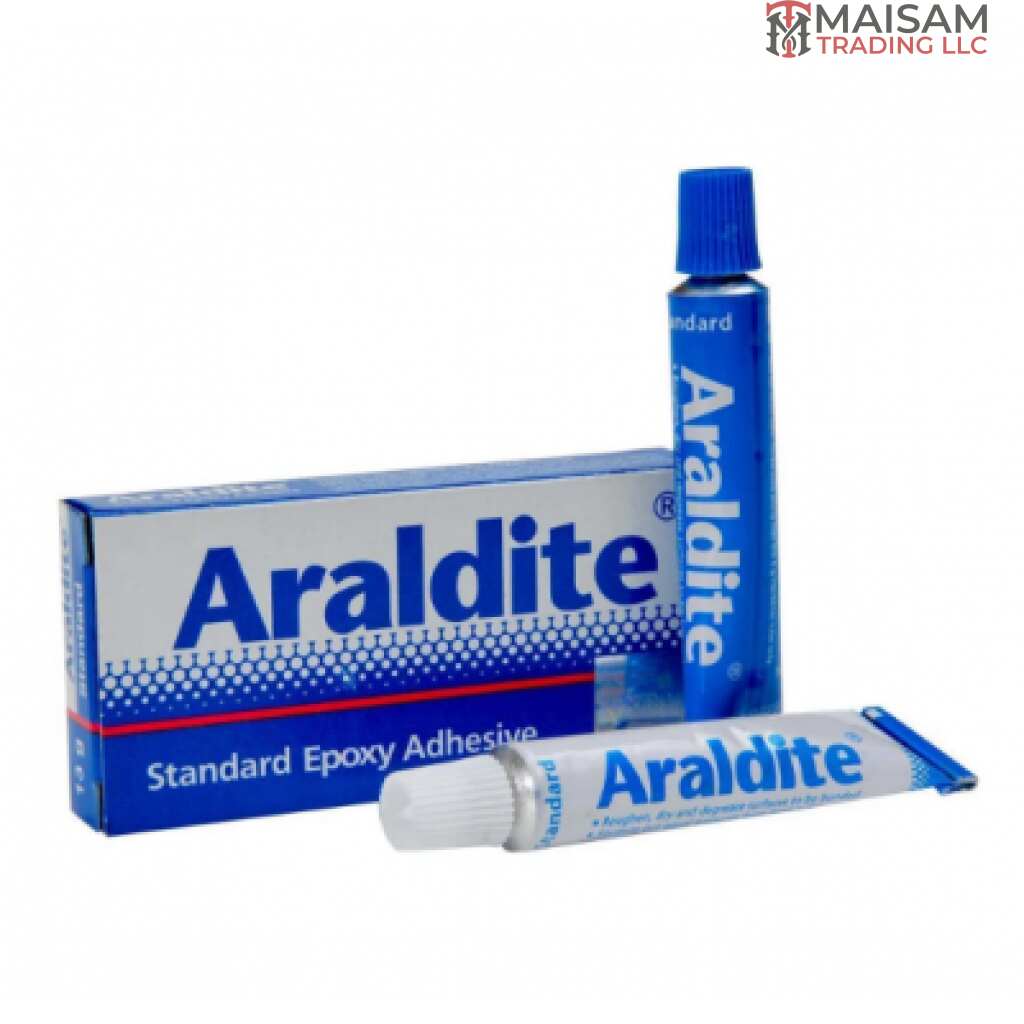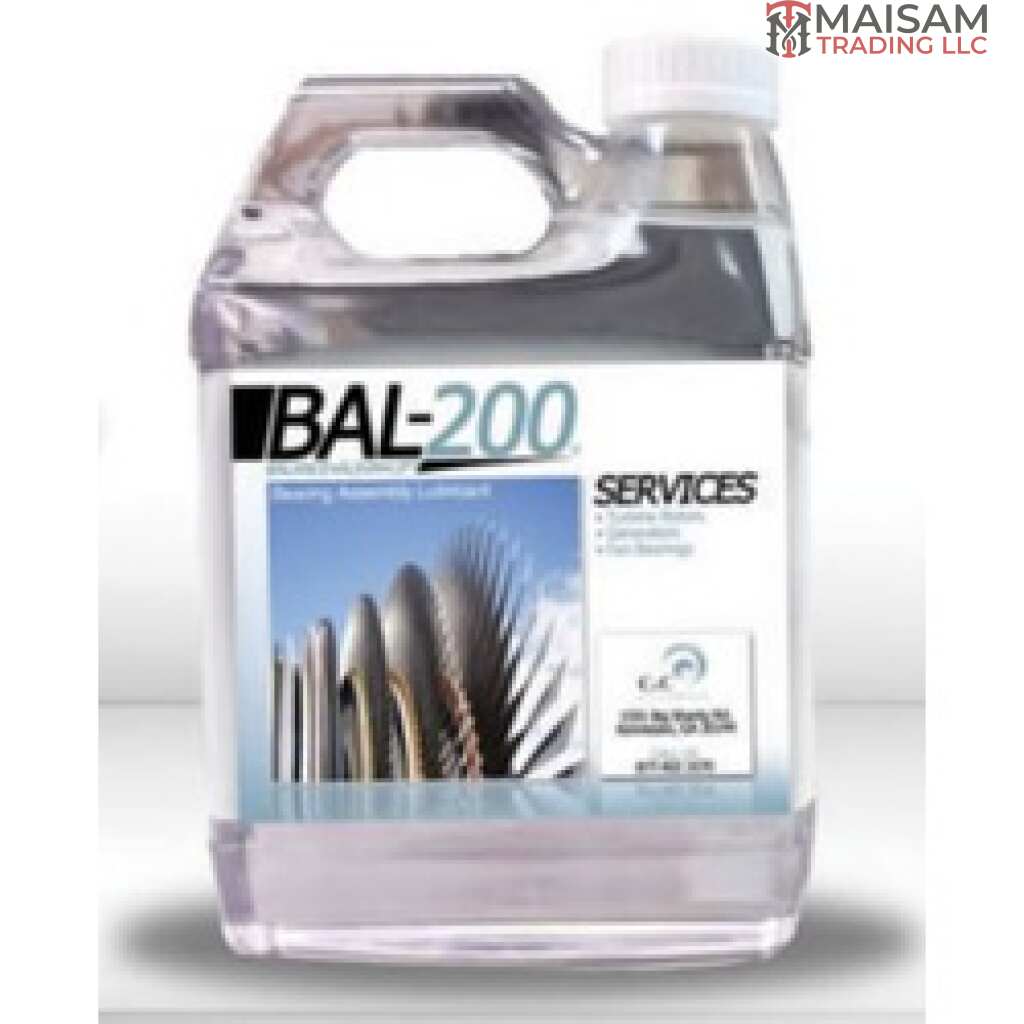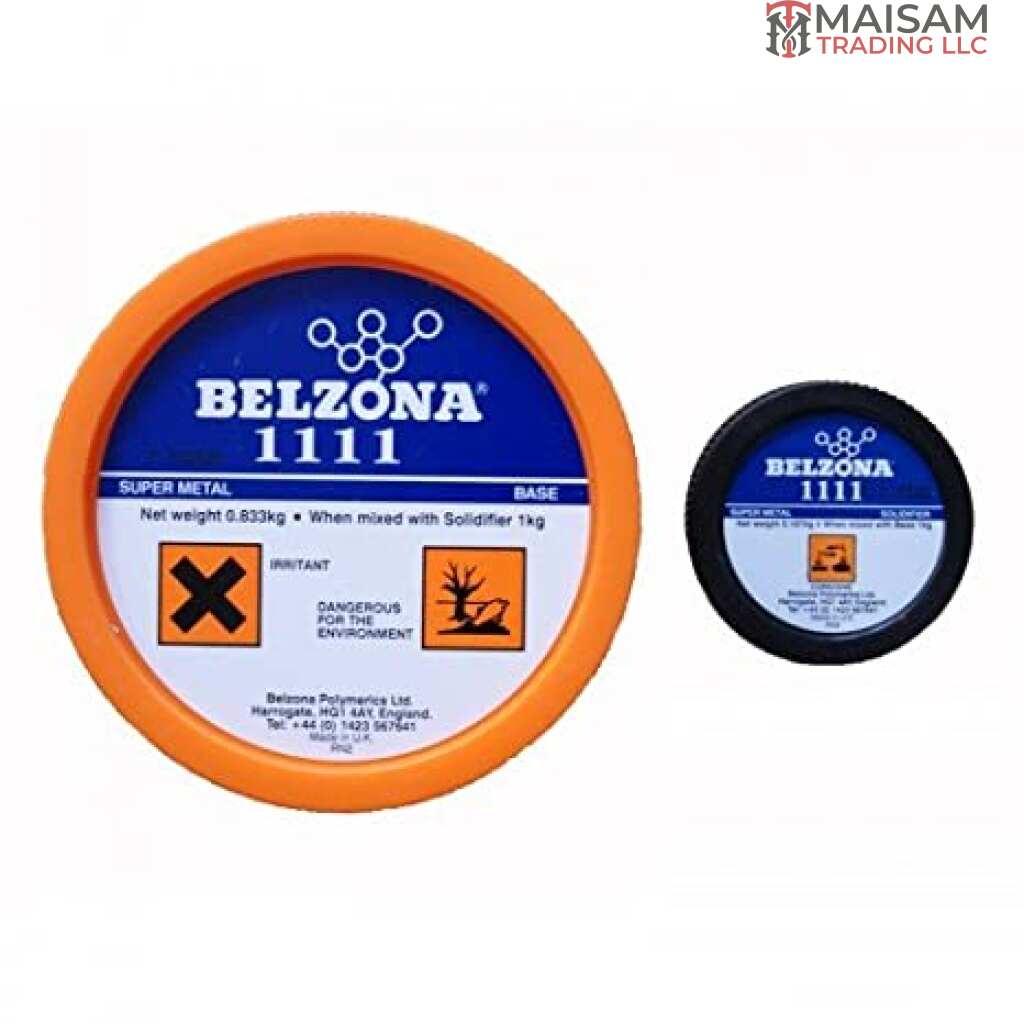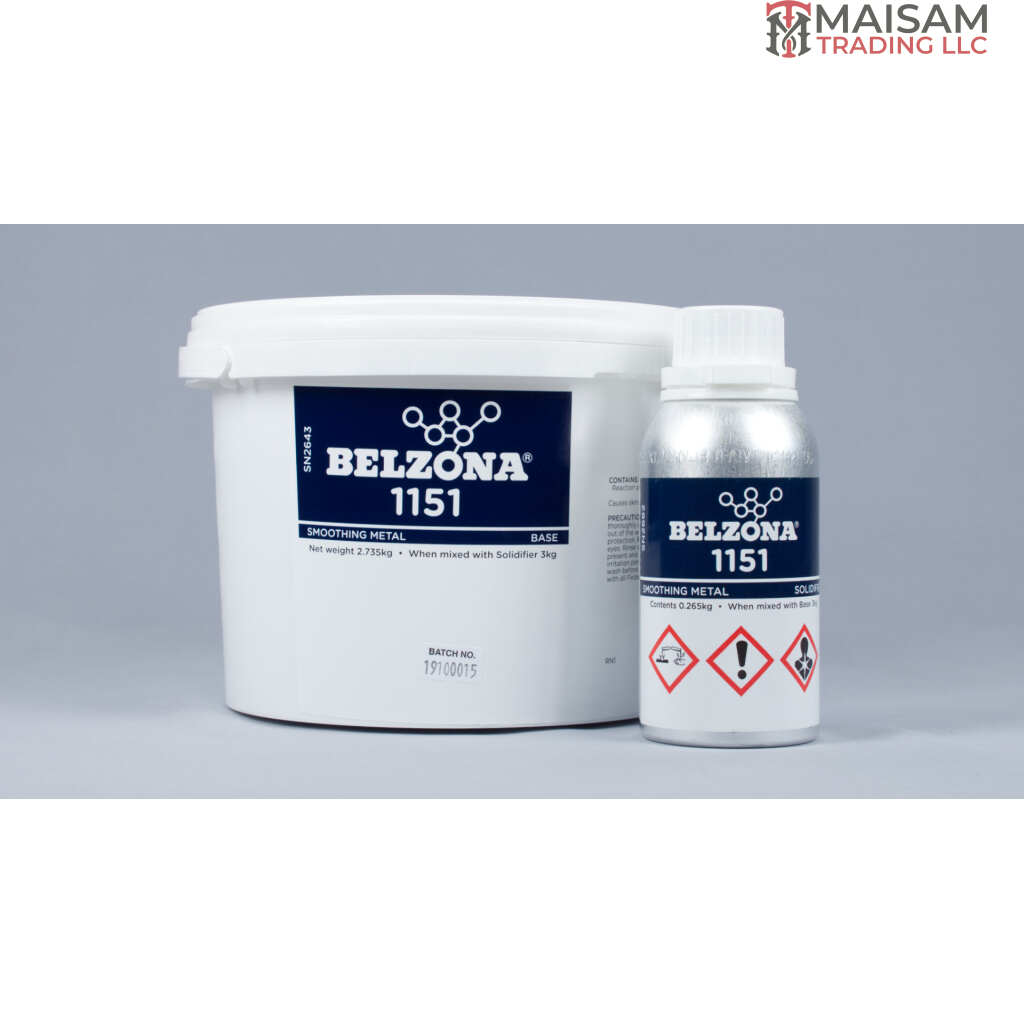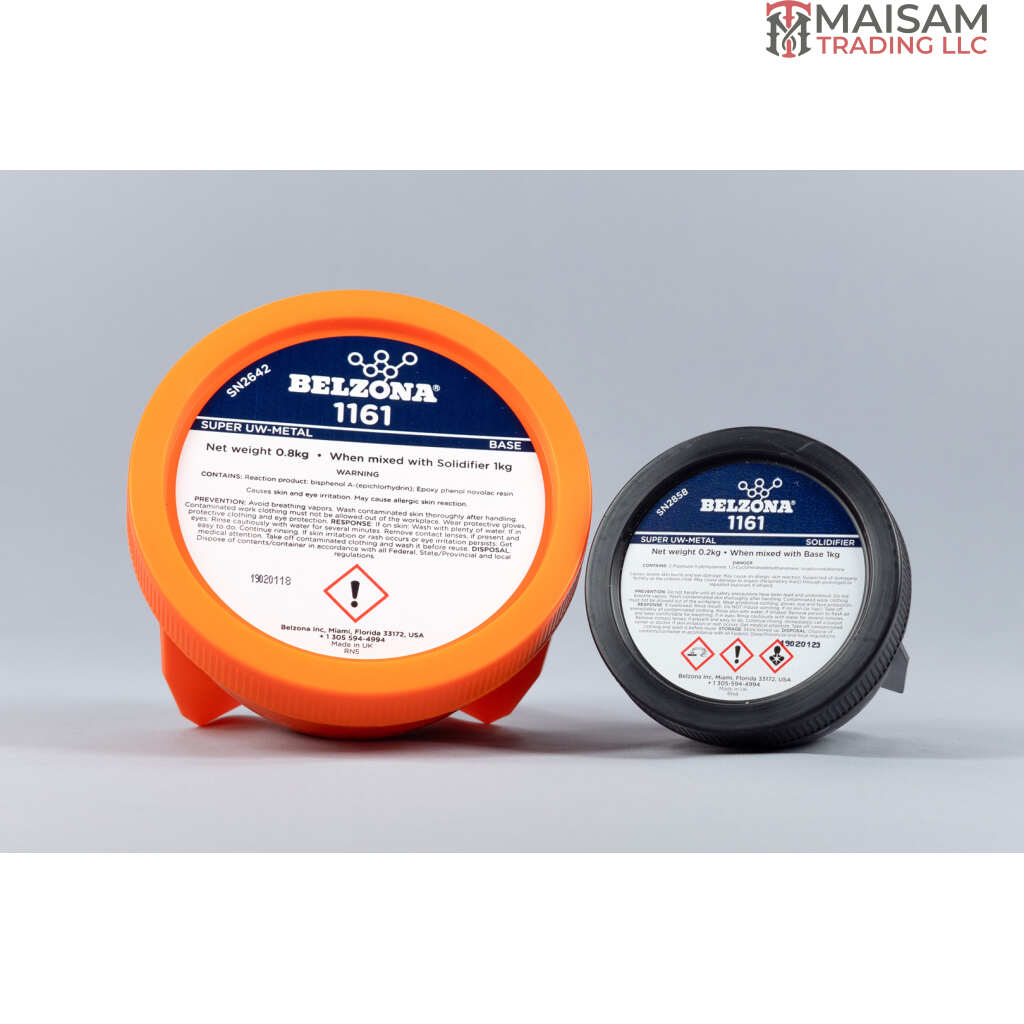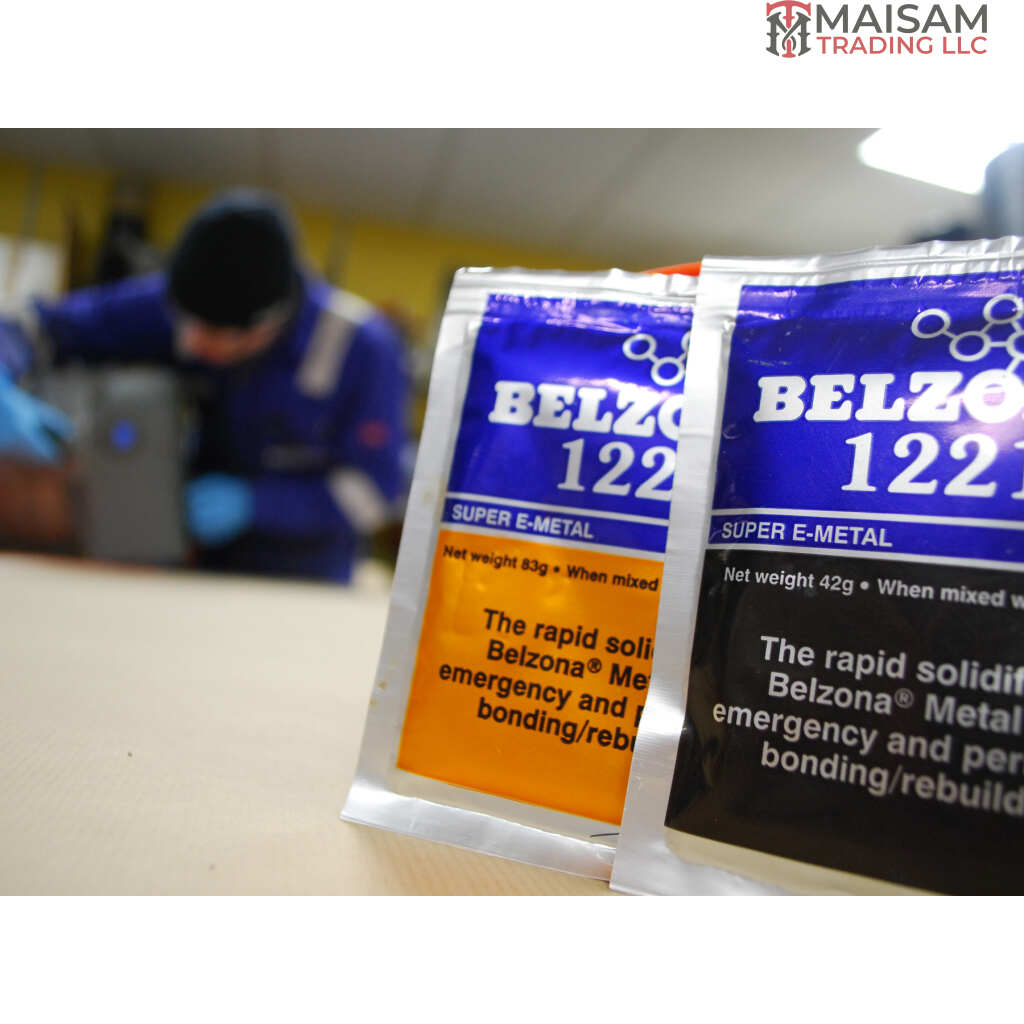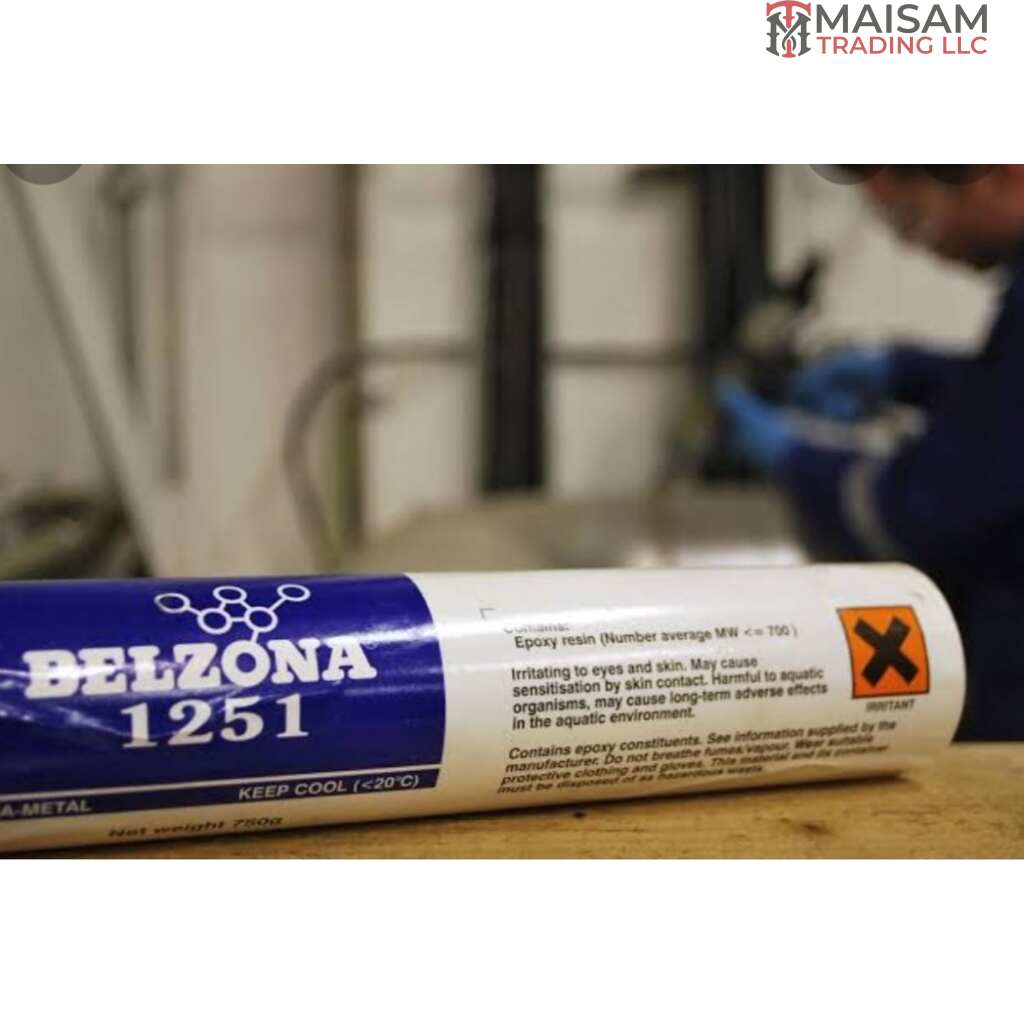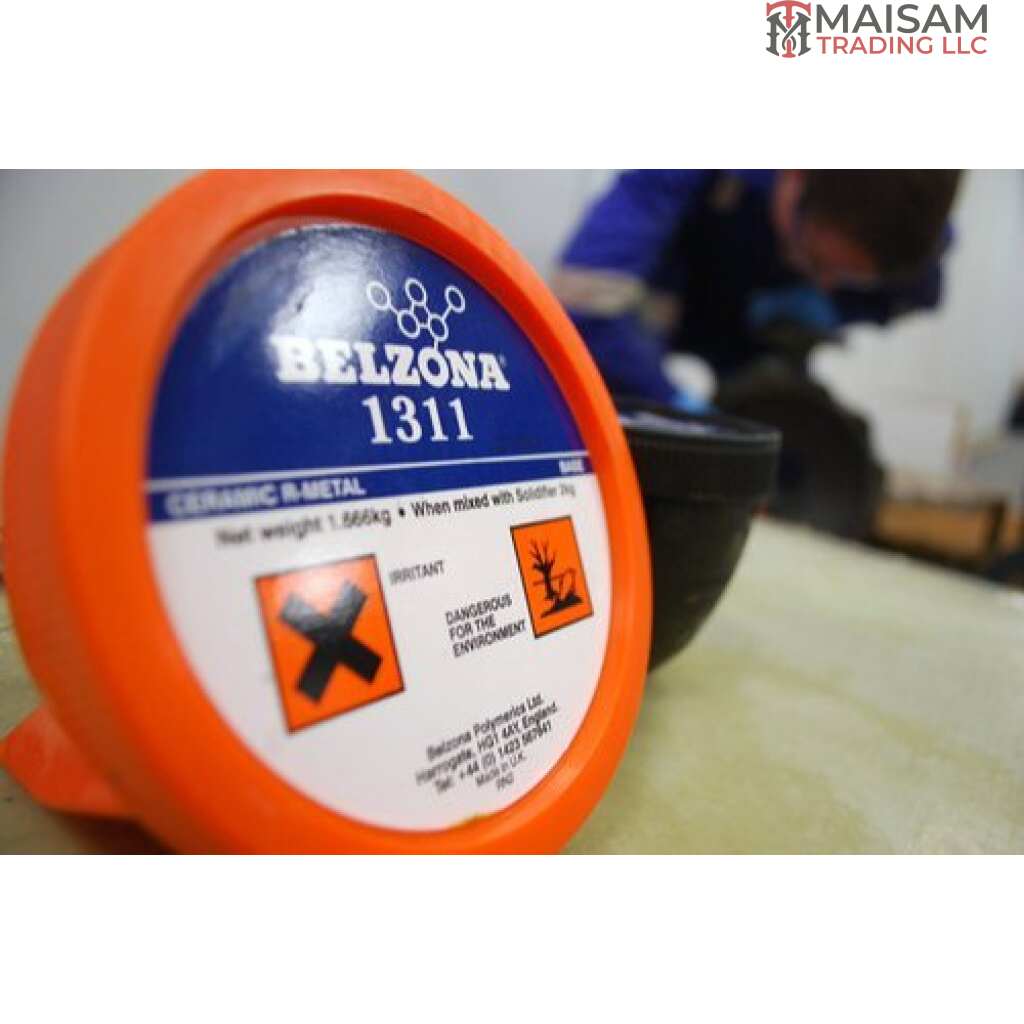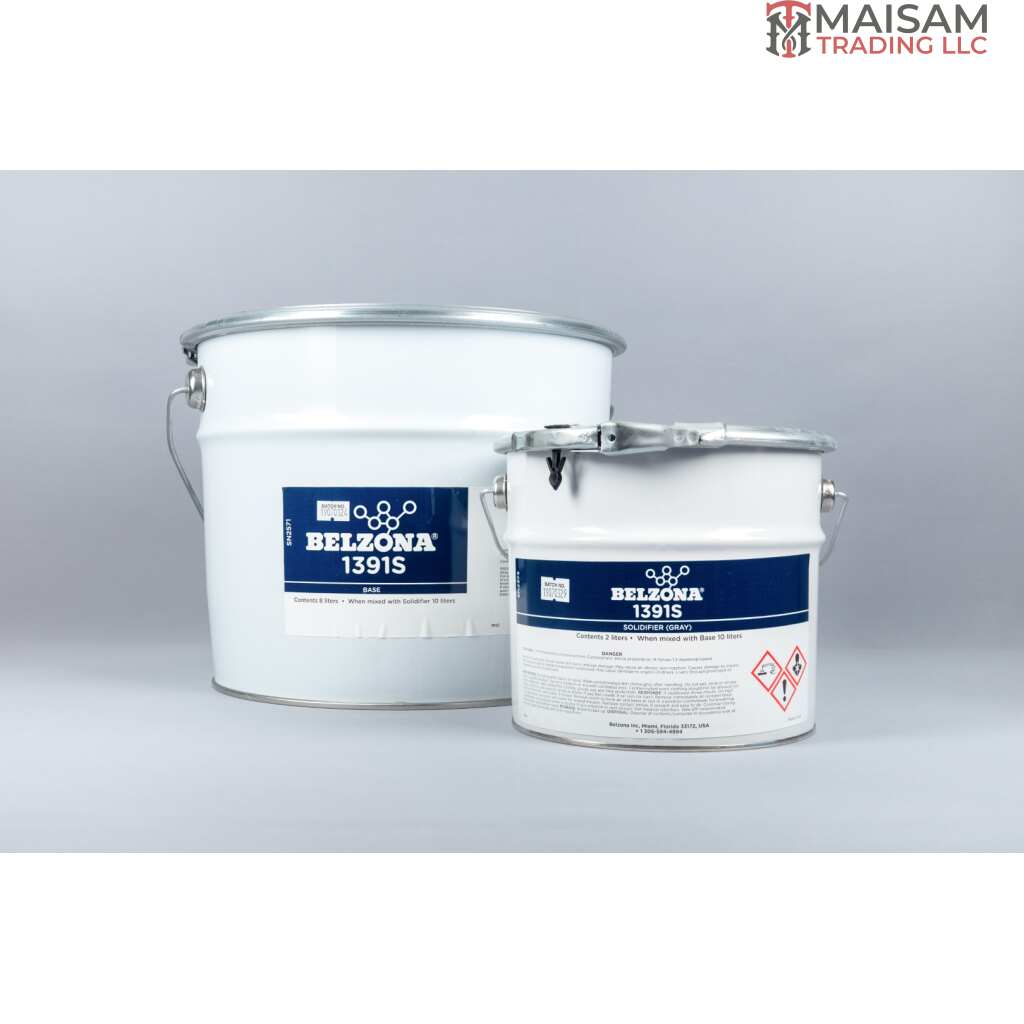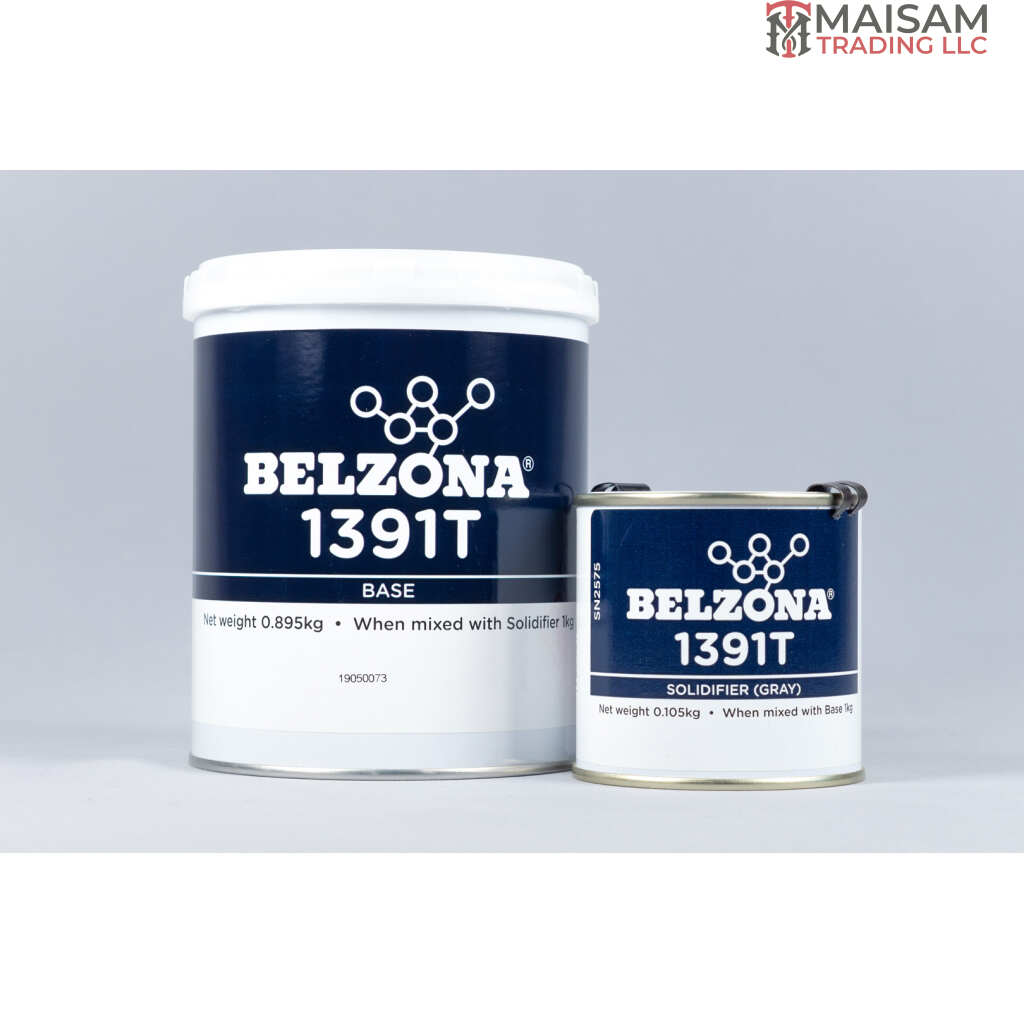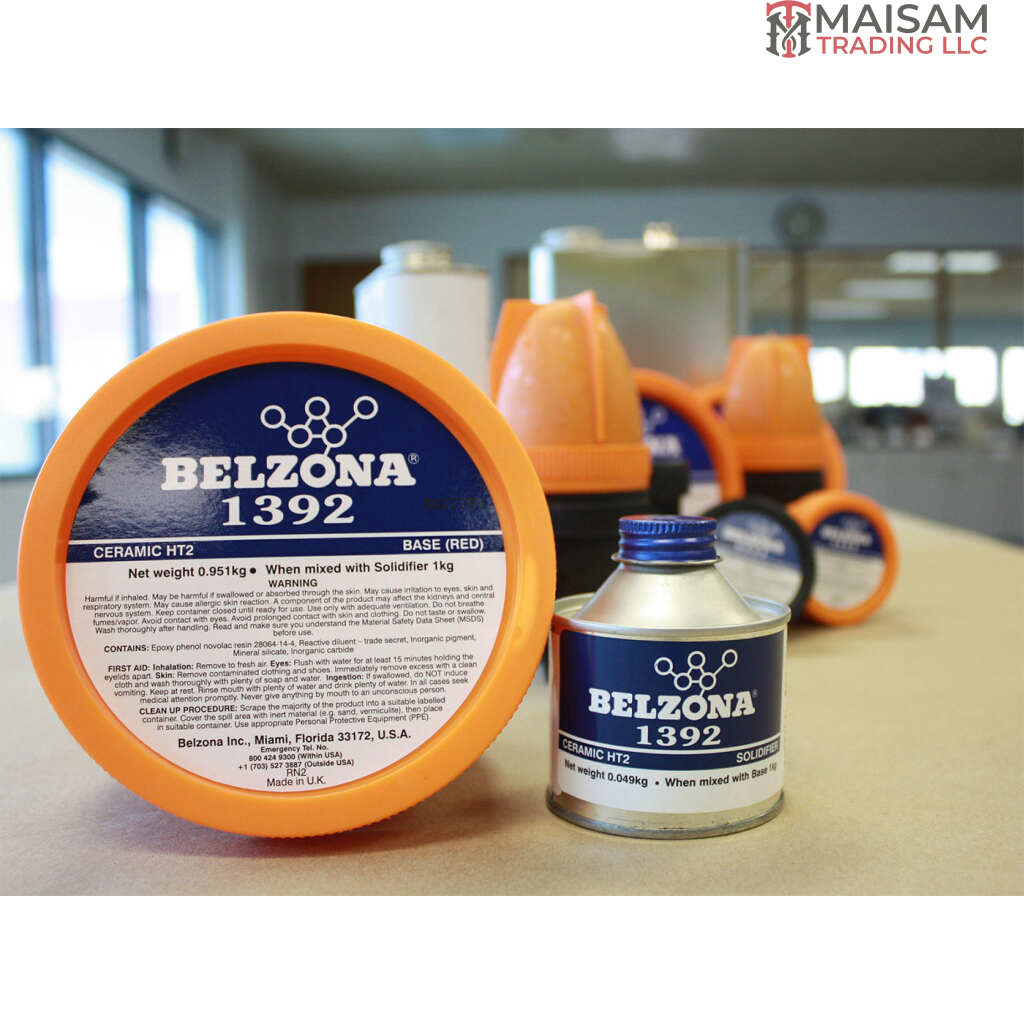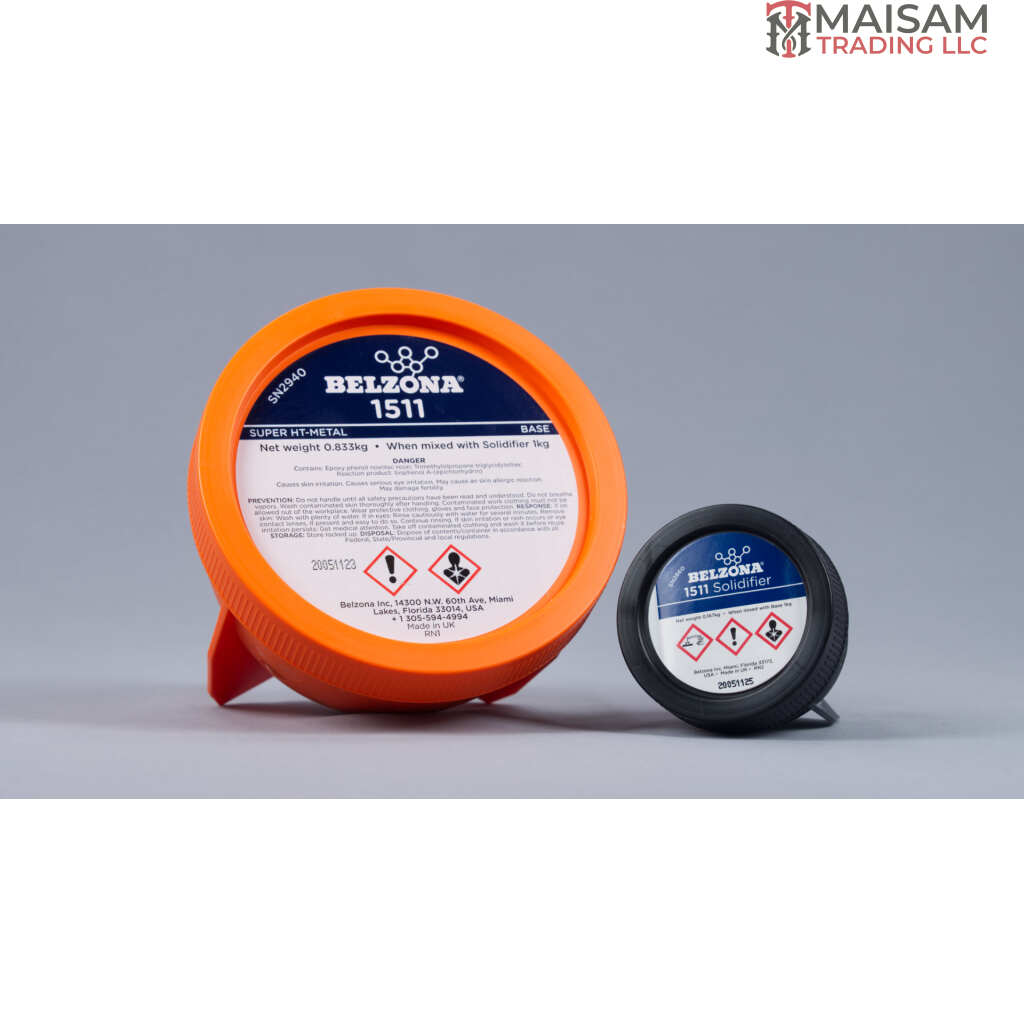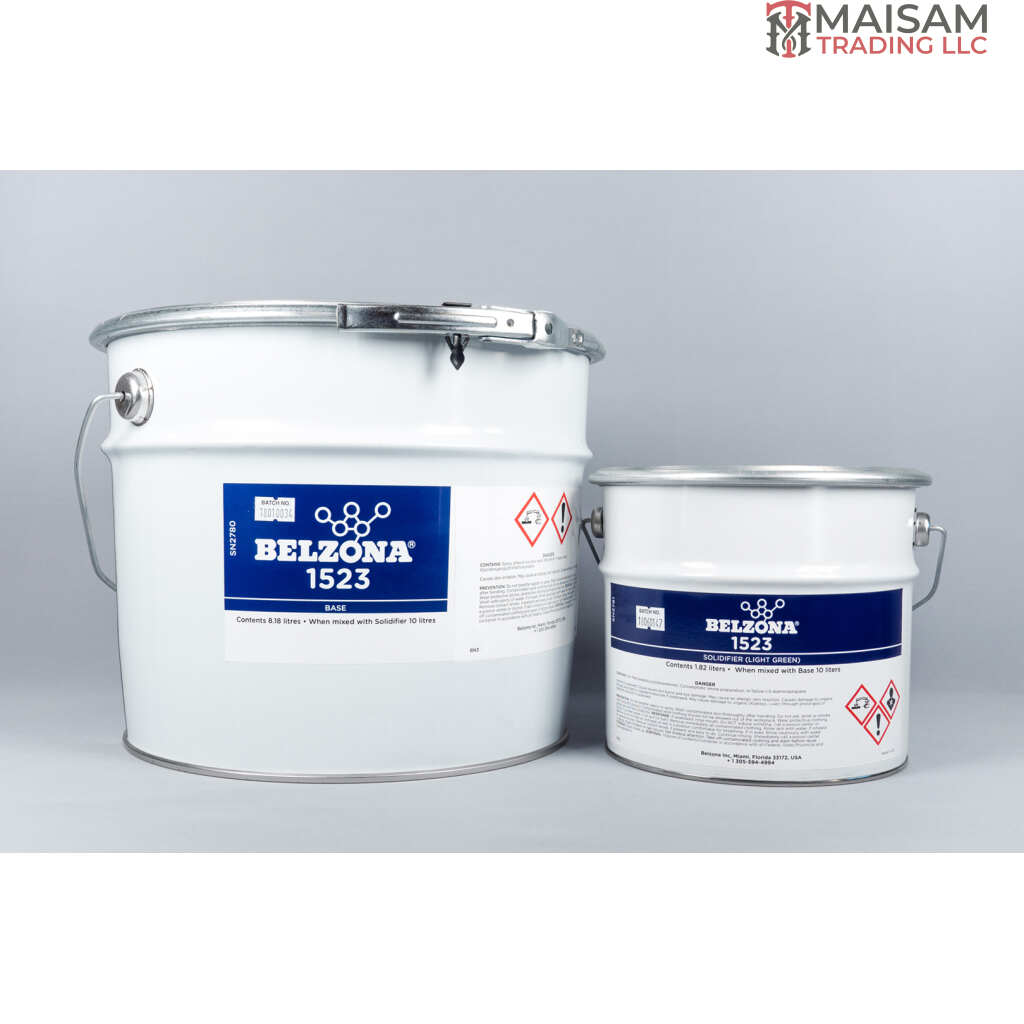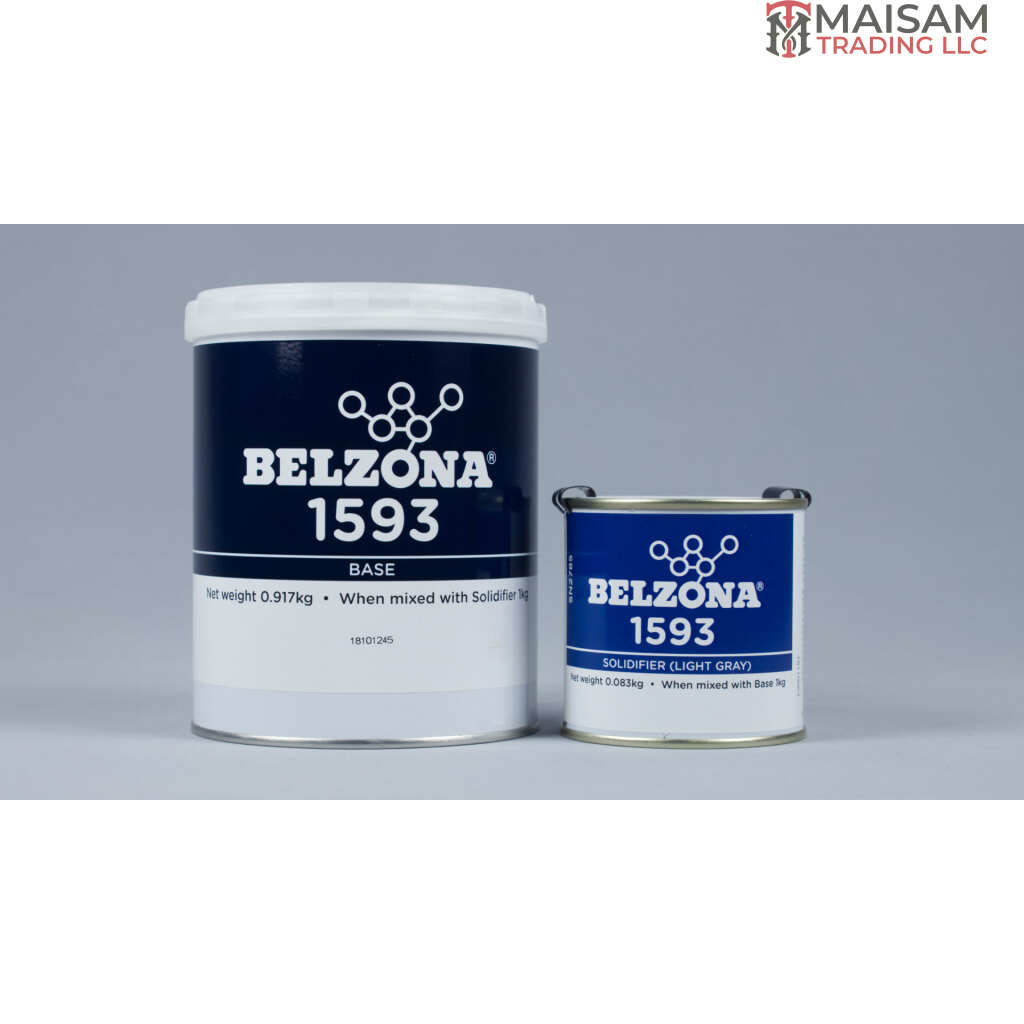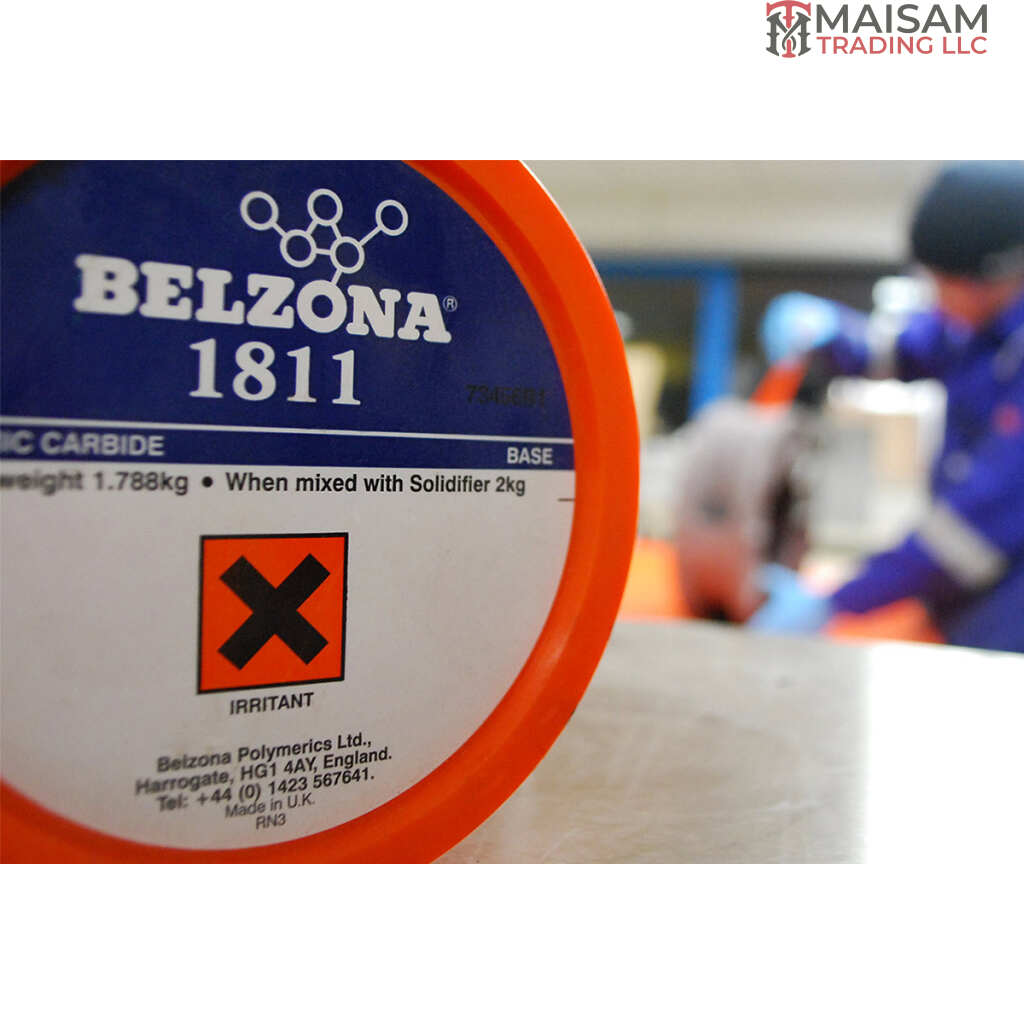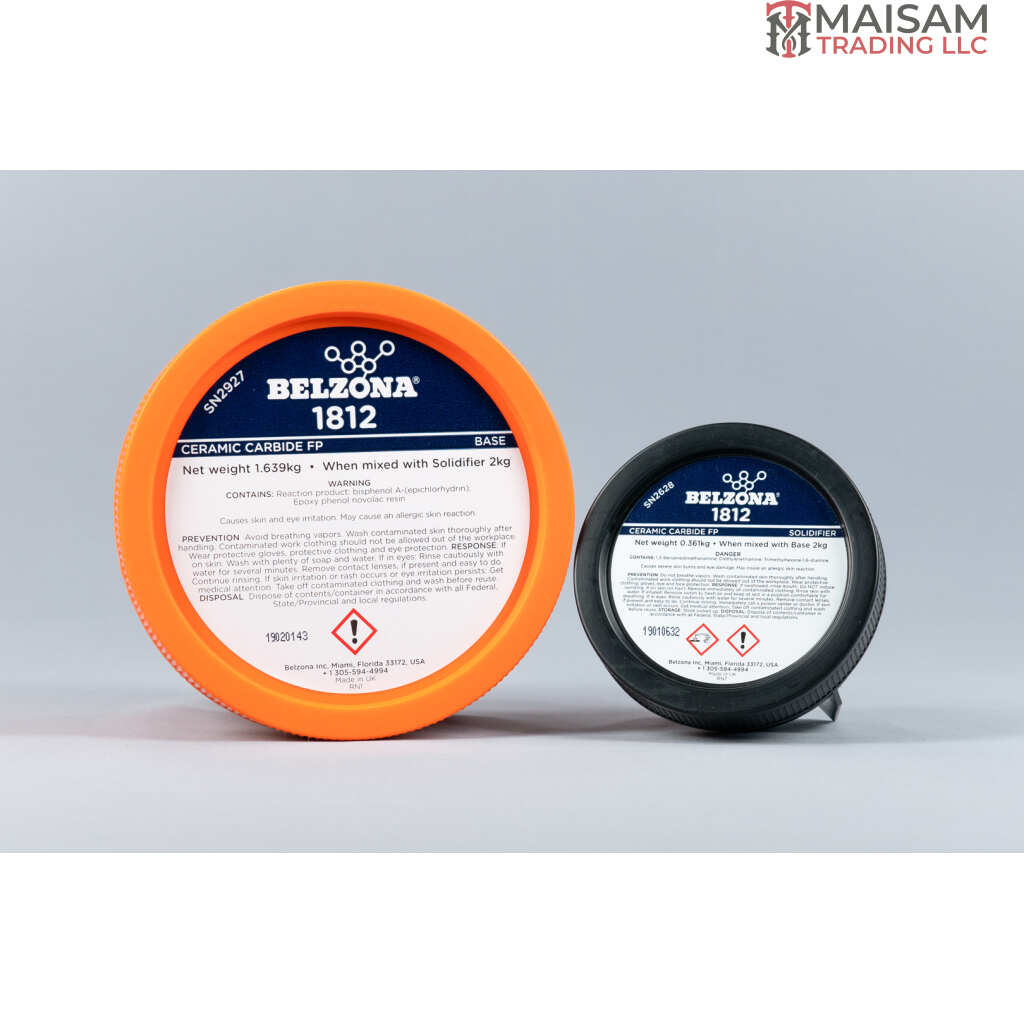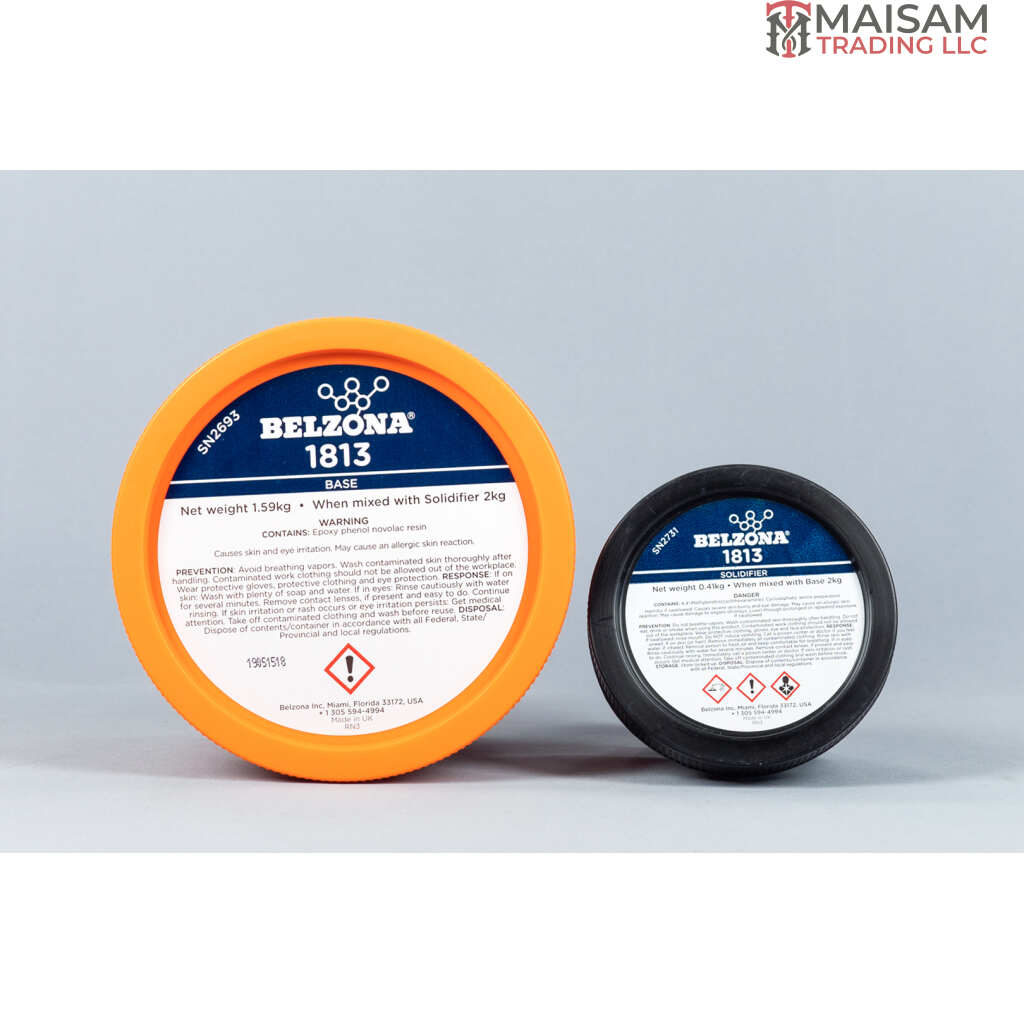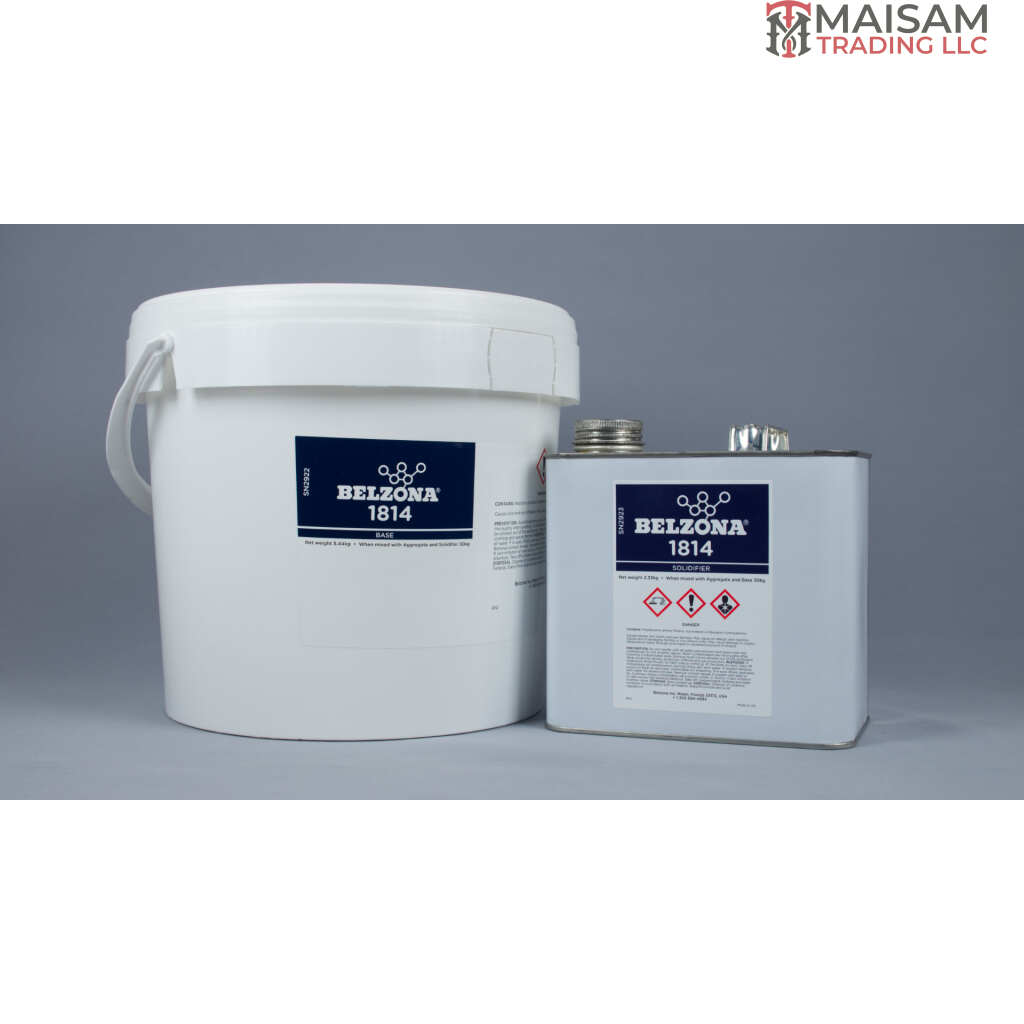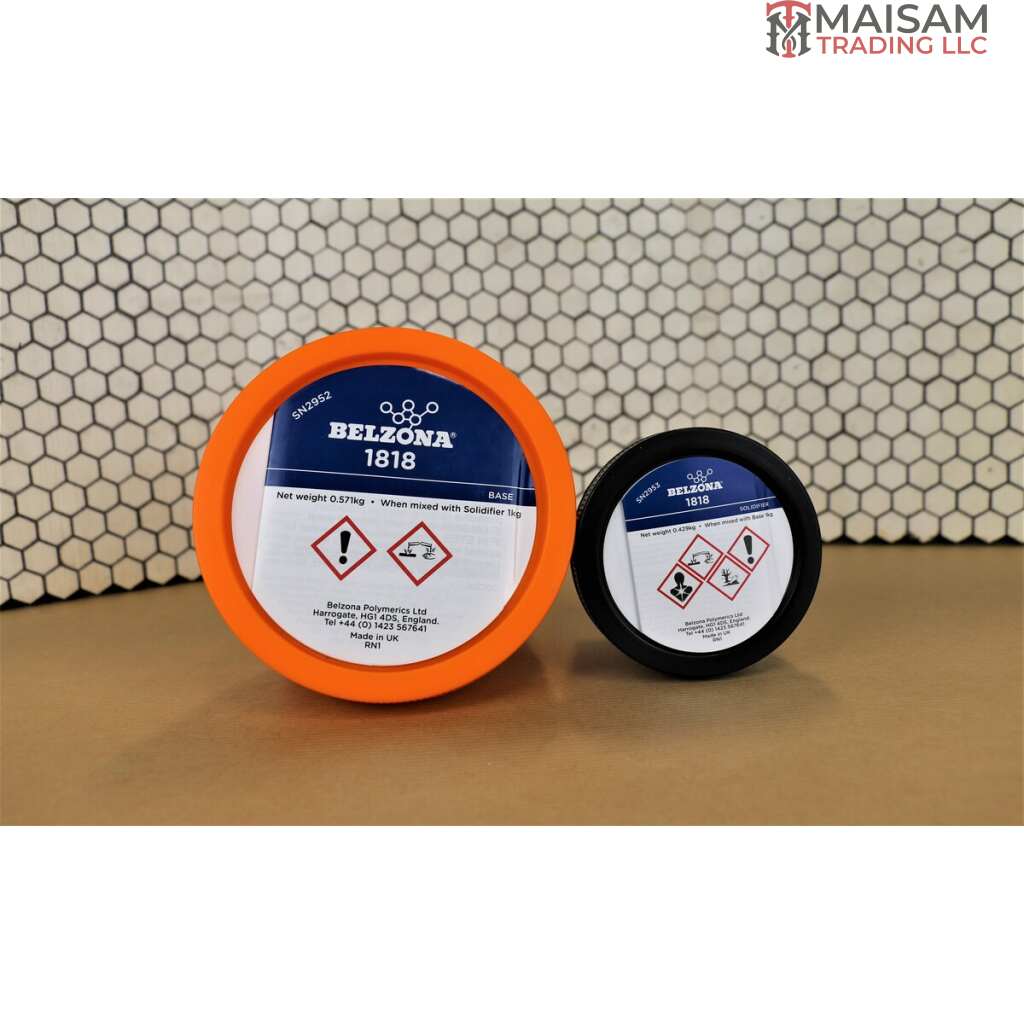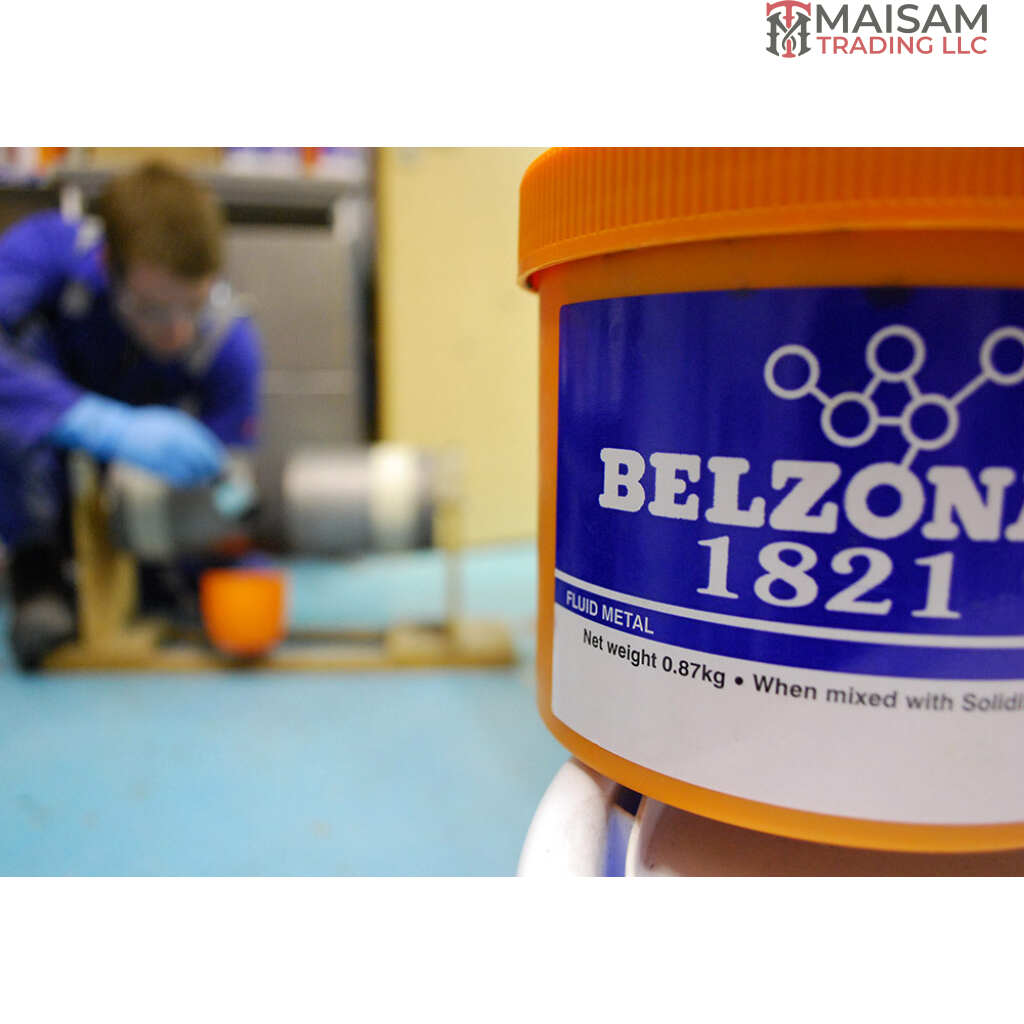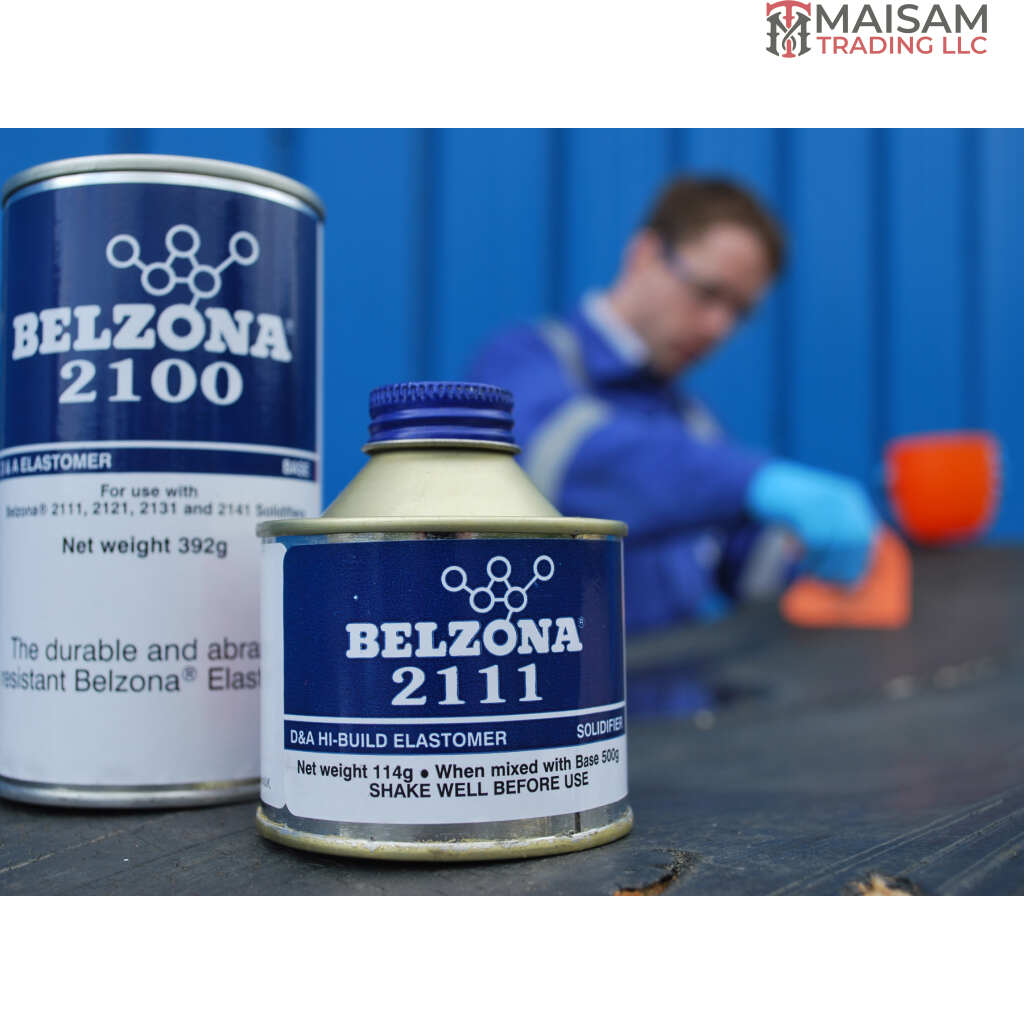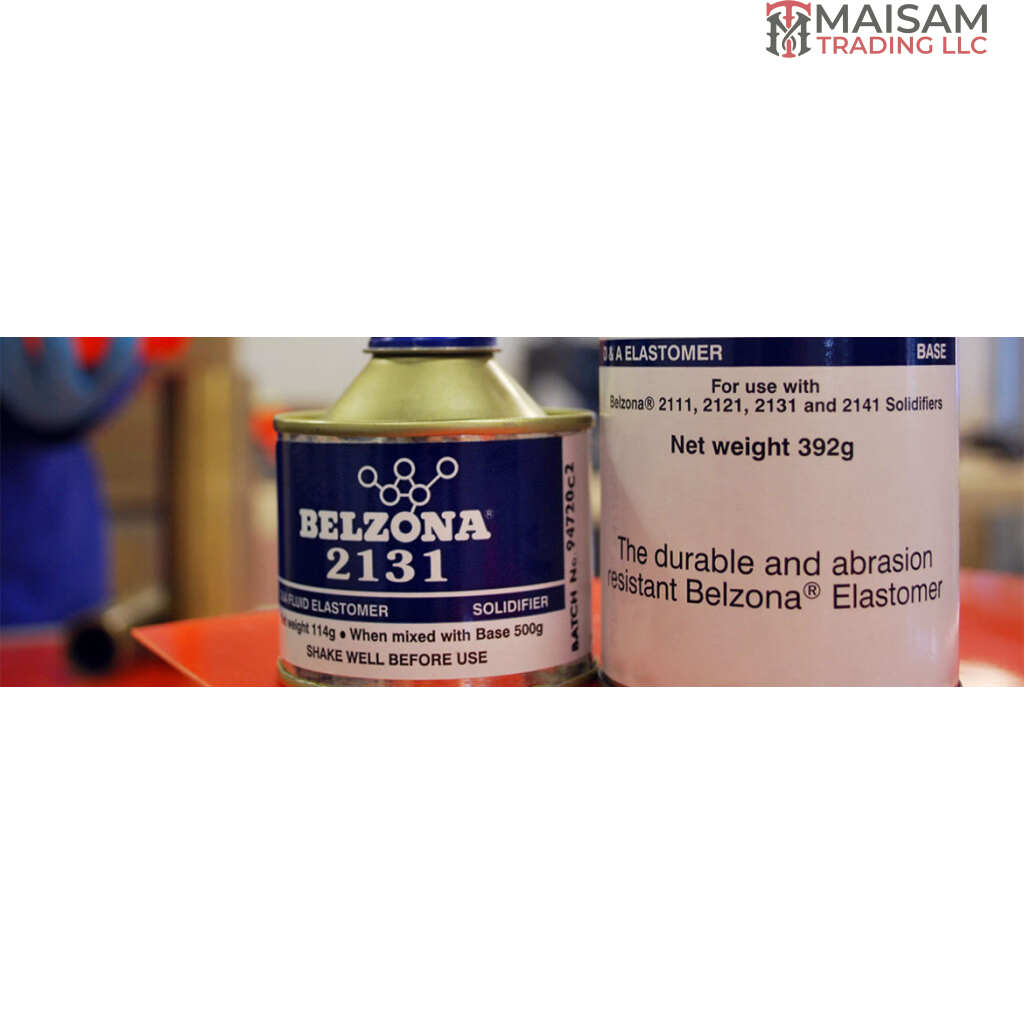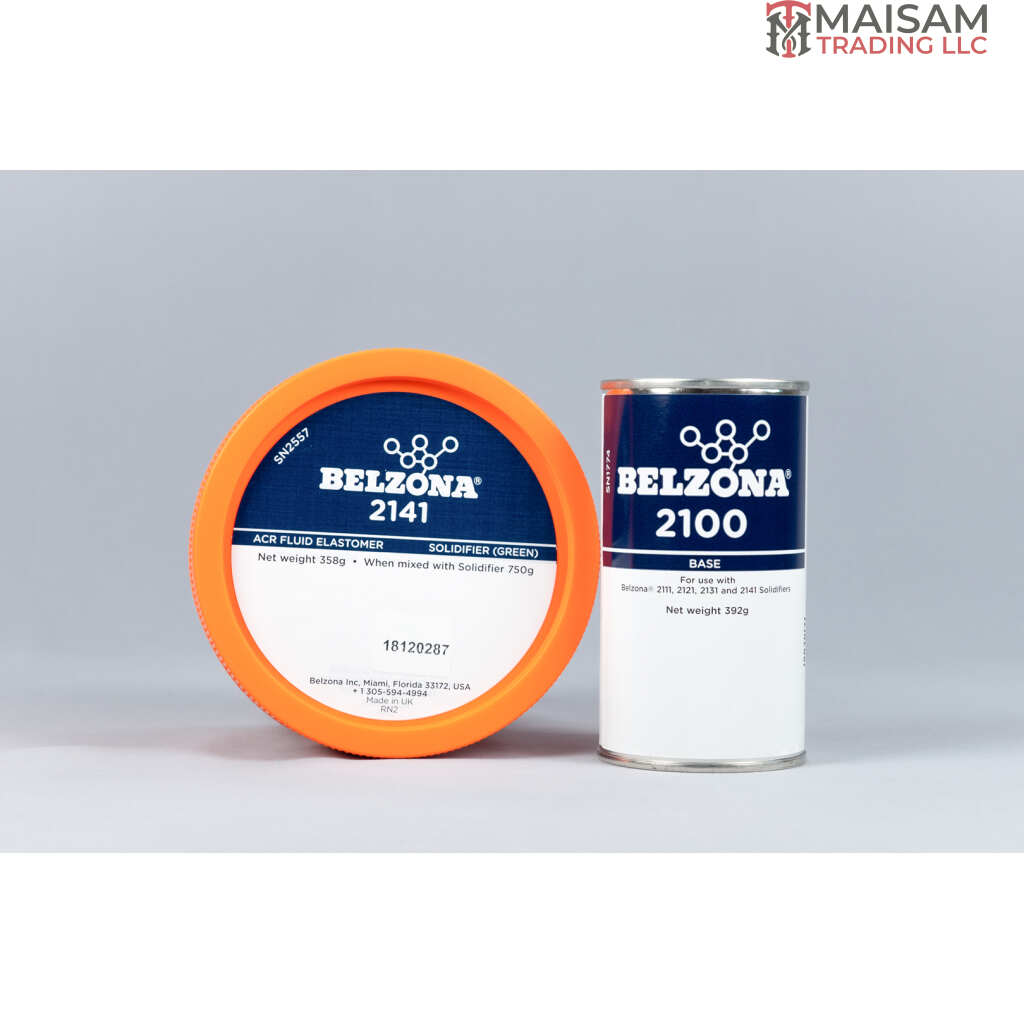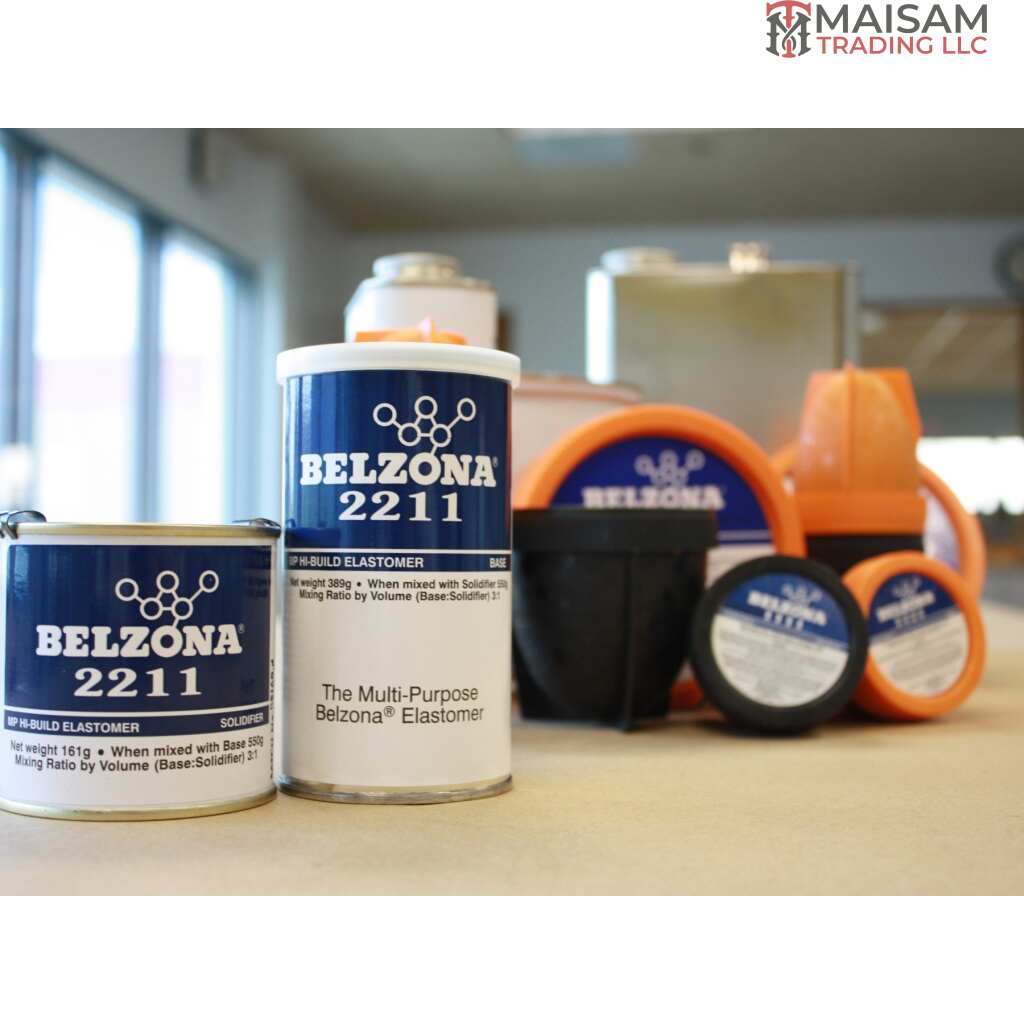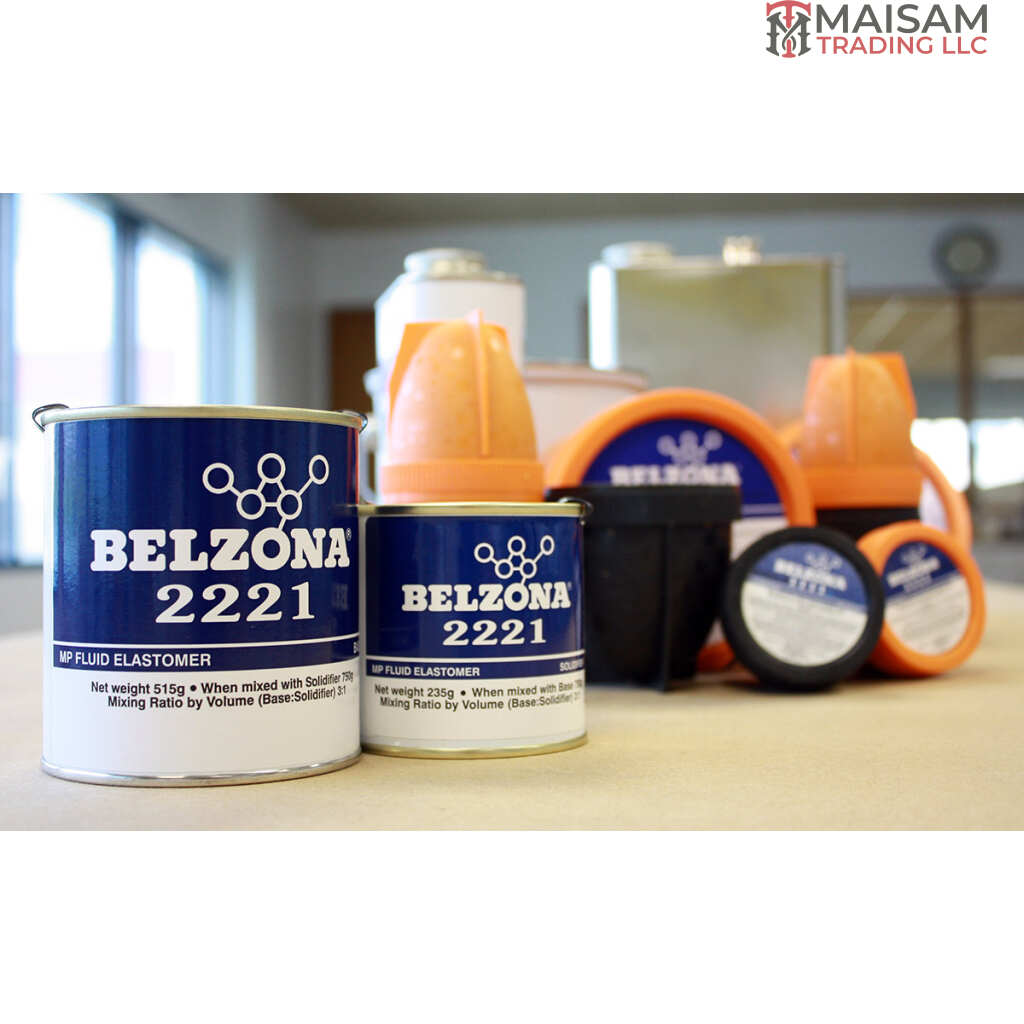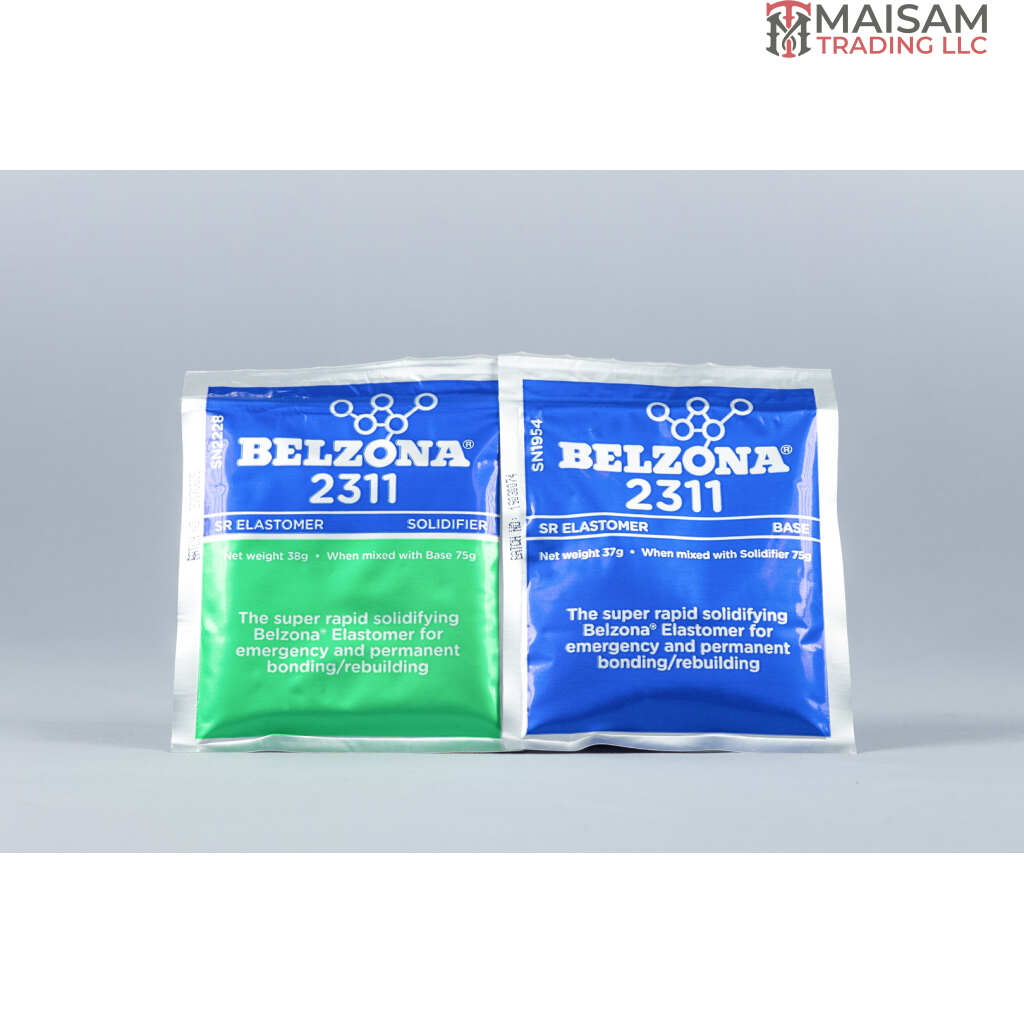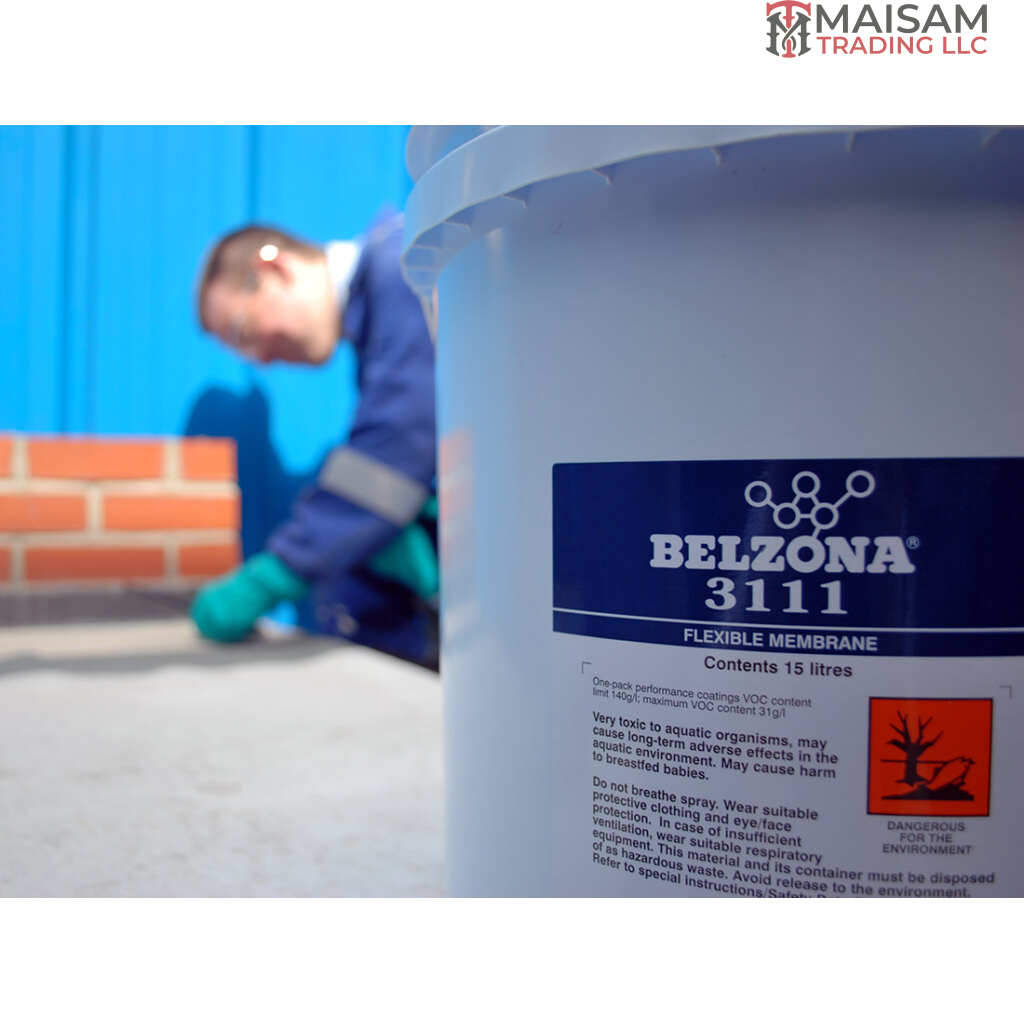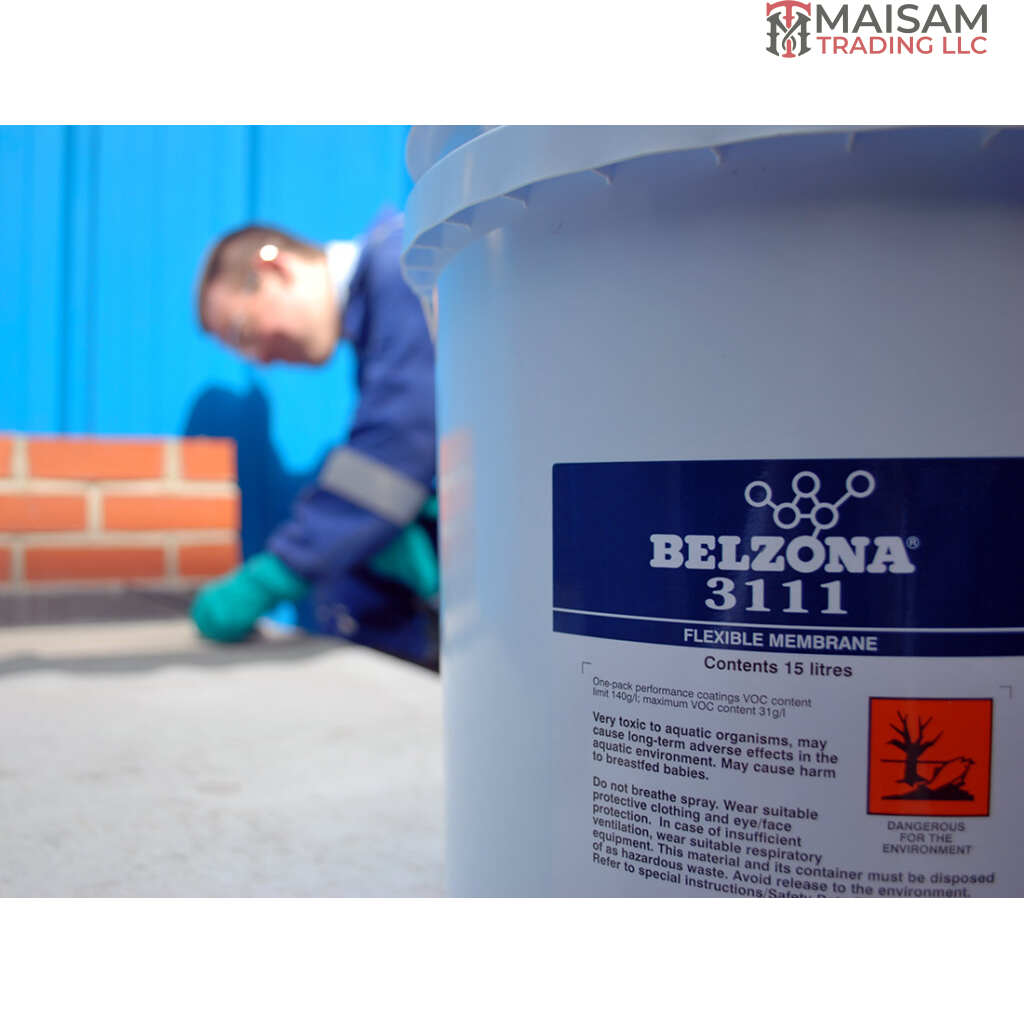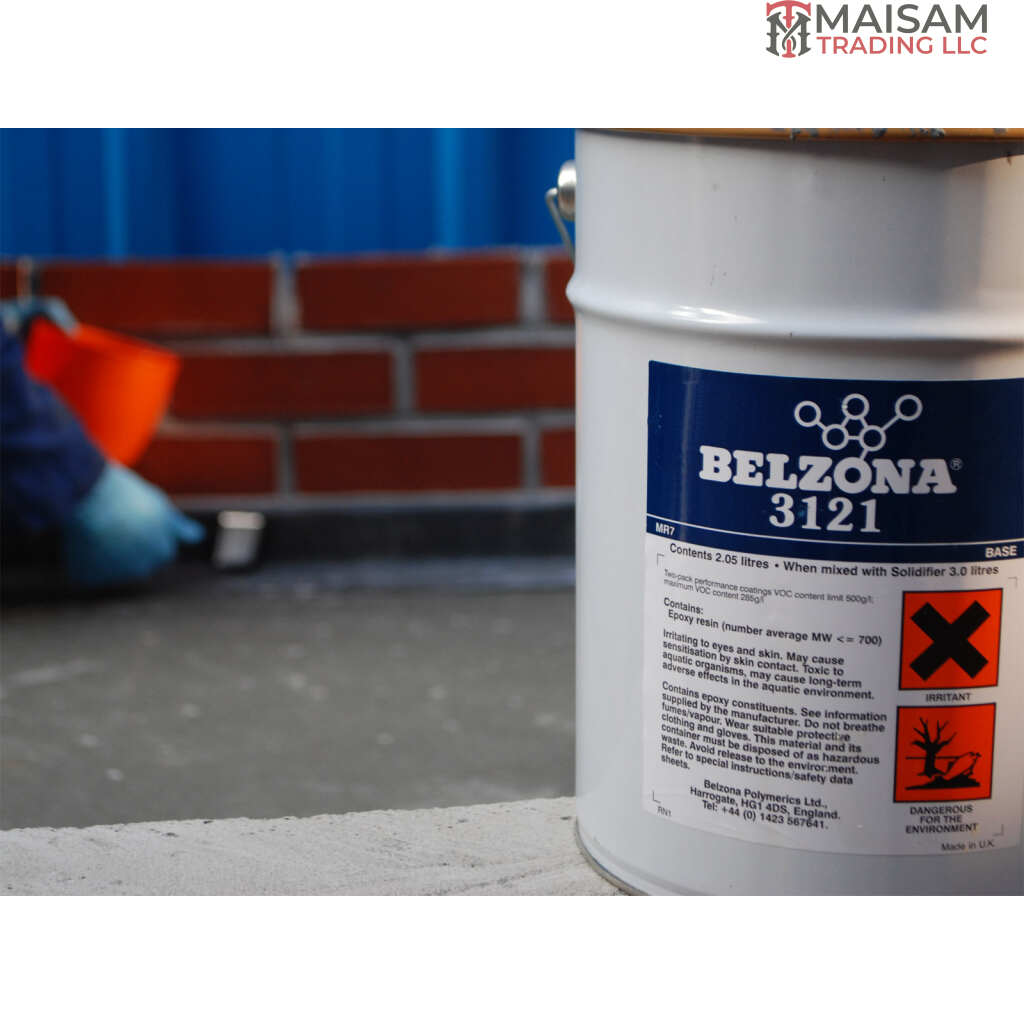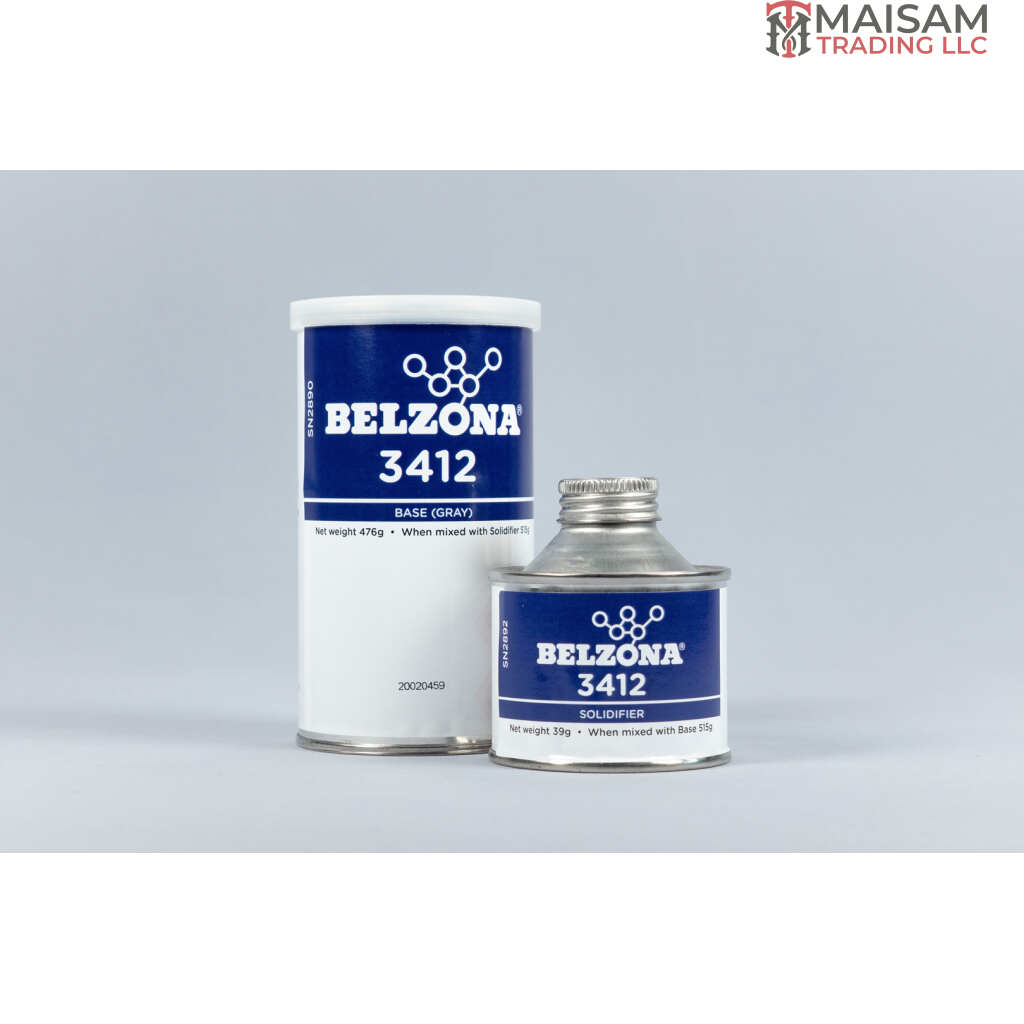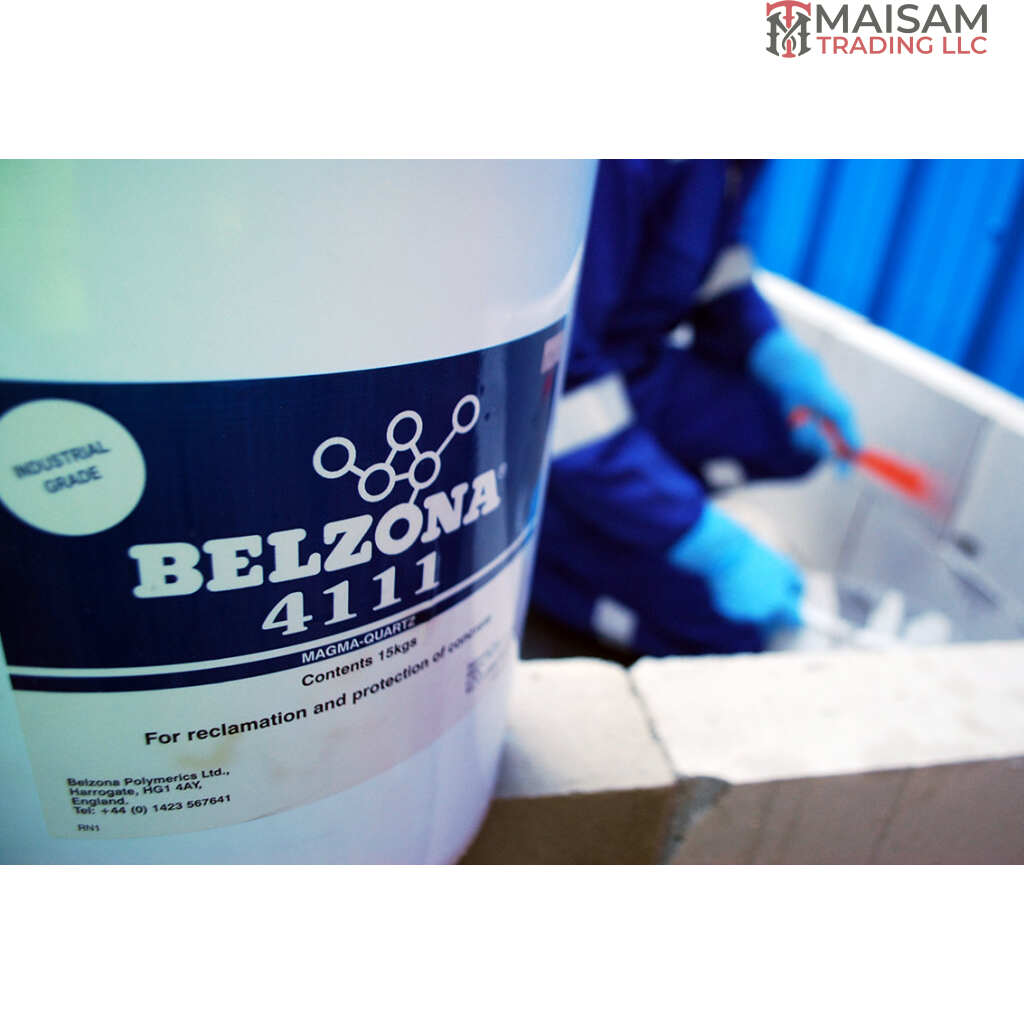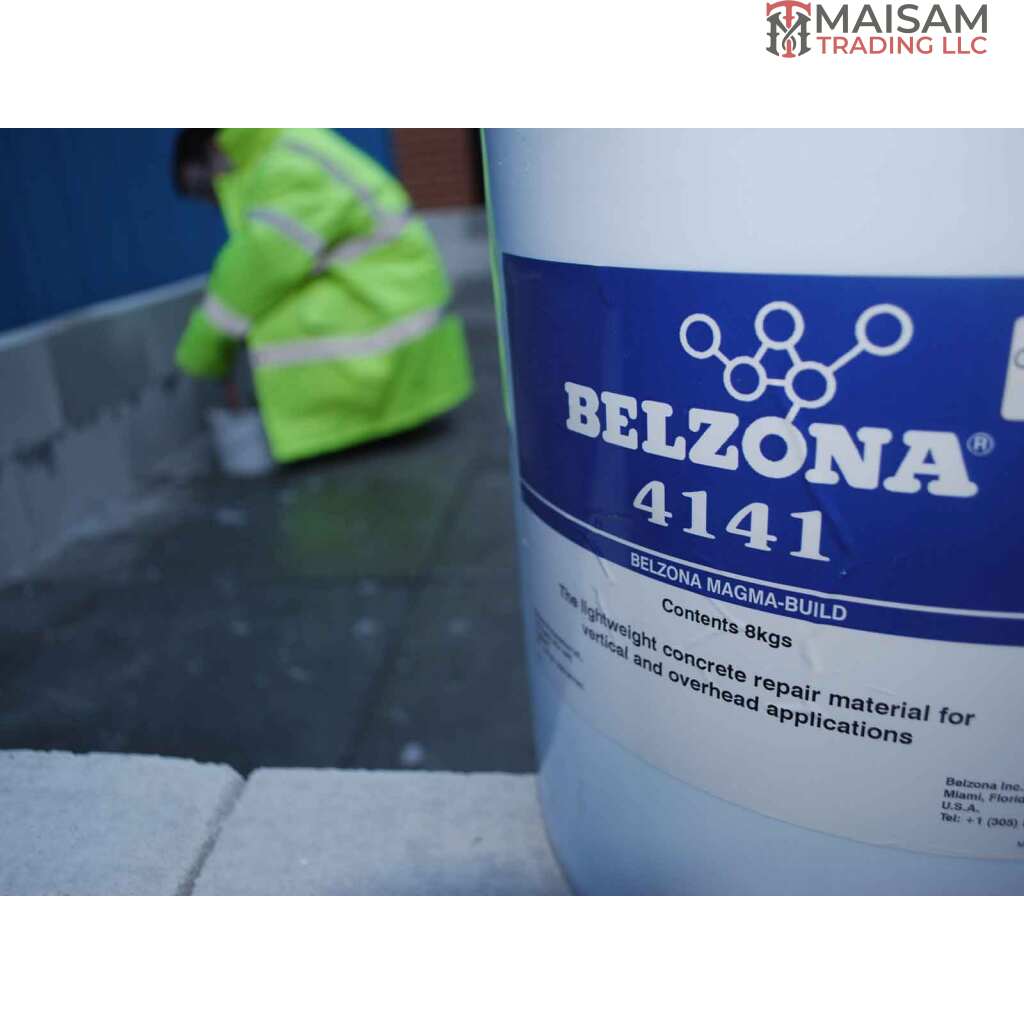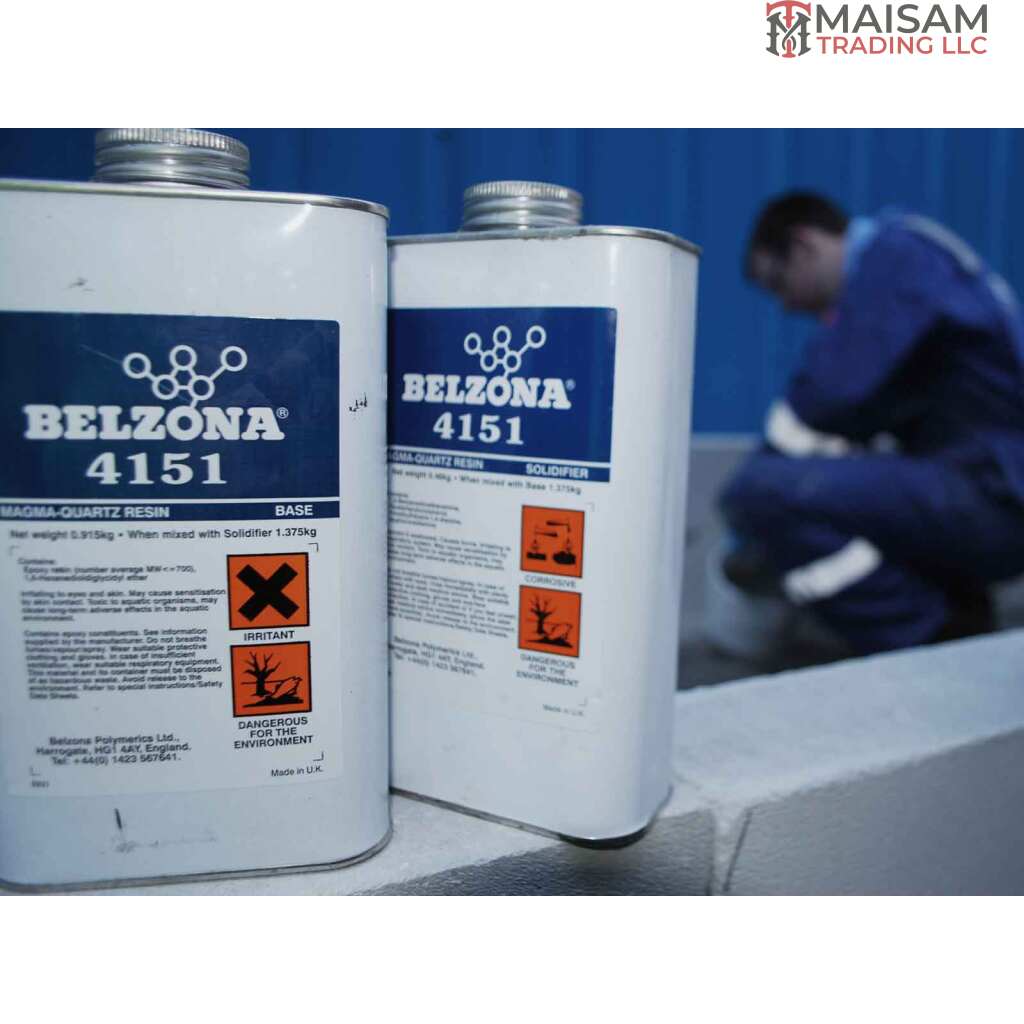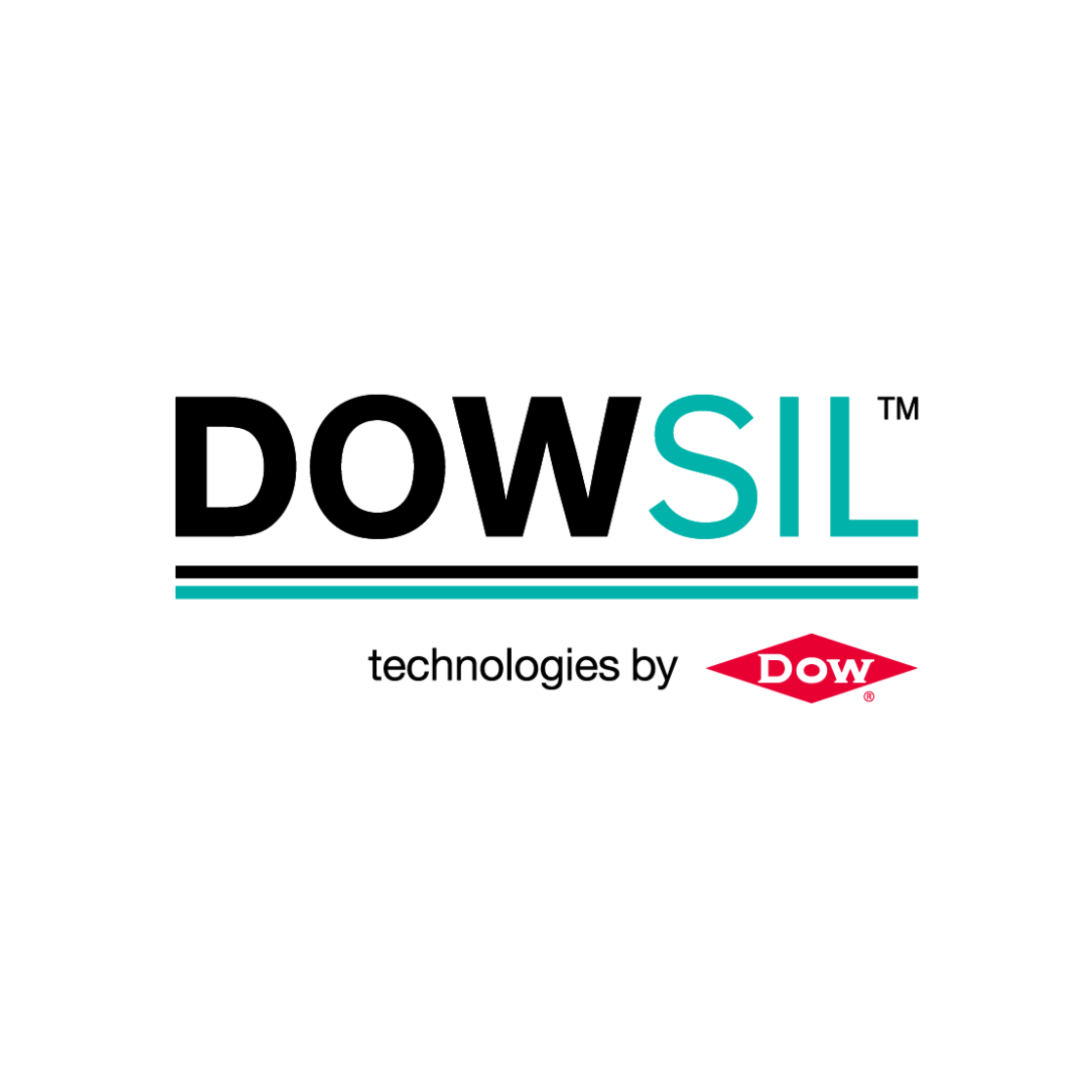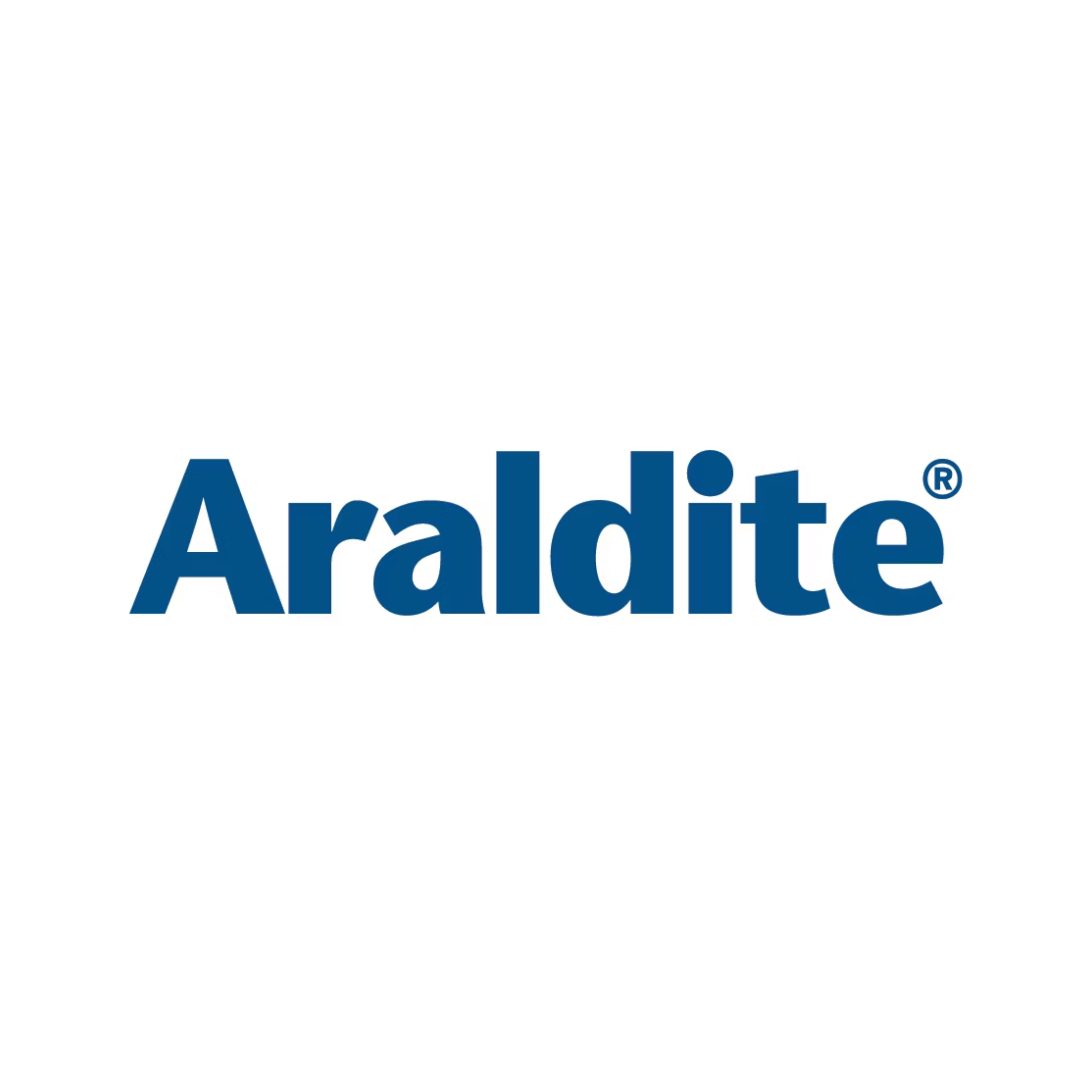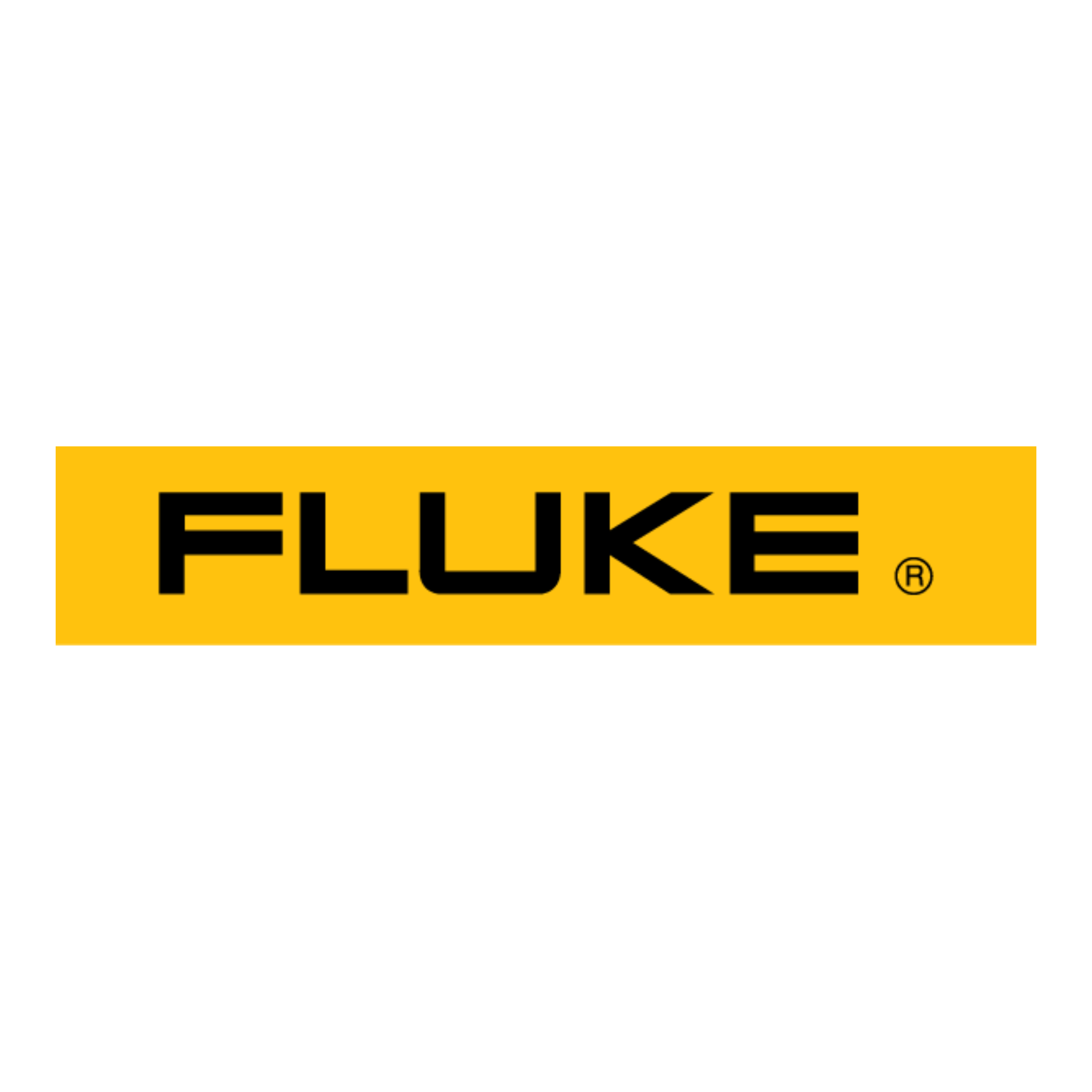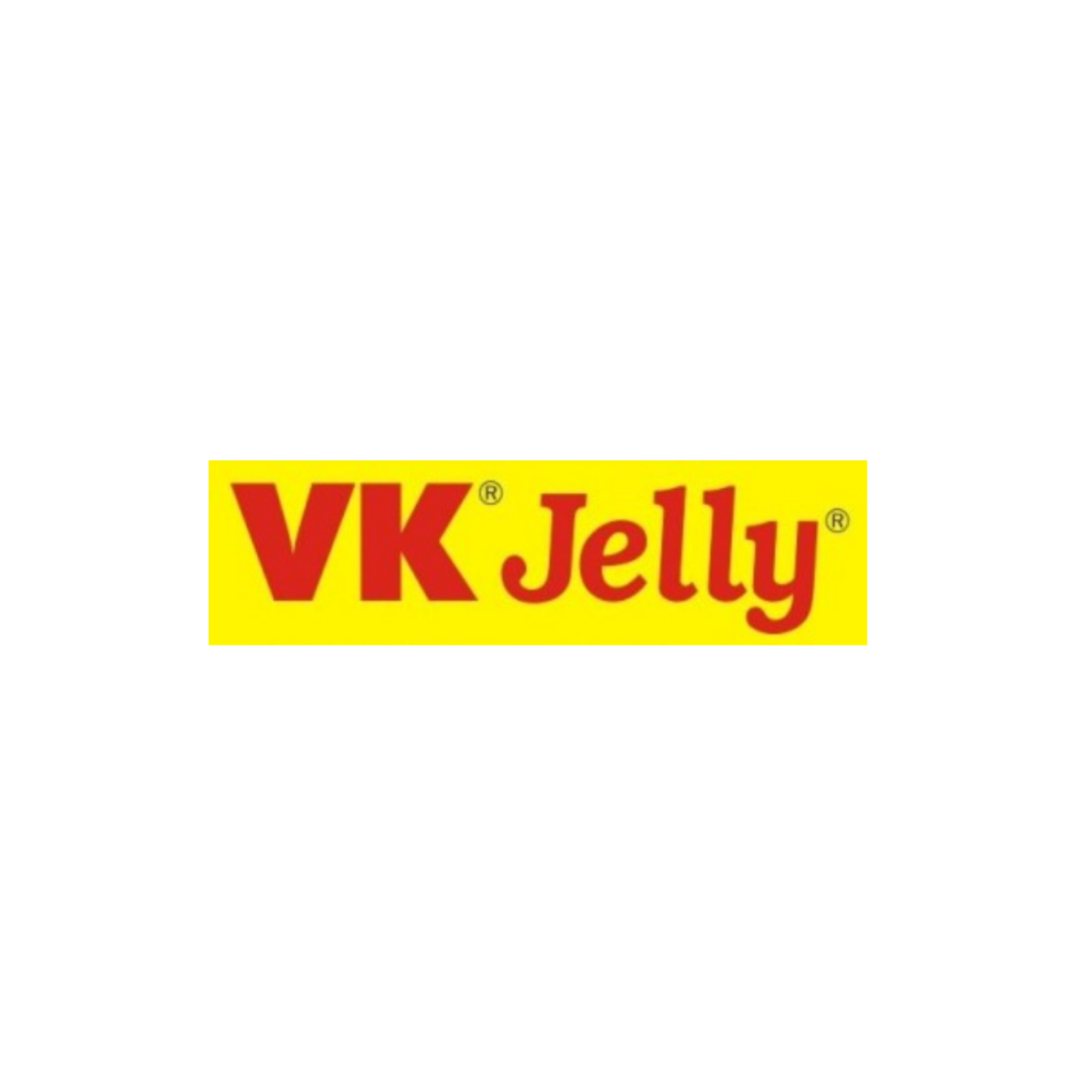CUNIFE 90/10 plays a significant role in shipbuilding due to its unique properties that make it ideal for various applications on board. Here's how it's utilized:
1. Seawater Systems:
Piping: CUNIFE 90/10 is extensively used for piping in systems that handle seawater, such as:
Cooling systems for engines and other equipment
Ballast systems for stability control
Fire-fighting systems for safety
Components: It's also used for components like:
Valves
Fittings
Pumps
Why CUNIFE 90/10 is preferred for seawater systems:
Excellent corrosion resistance: It withstands the corrosive nature of seawater, ensuring long-lasting performance.
Biofouling resistance: It resists the accumulation of marine organisms, reducing maintenance needs and maintaining efficient flow.
2. Heat Exchangers:
CUNIFE 90/10 is used in heat exchangers for:
Seawater cooling
Desalination plants (for producing fresh water on board)
Advantages in heat exchangers:
High thermal conductivity: Facilitates efficient heat transfer.
Corrosion and biofouling resistance: Ensures durability and efficient operation.
3. Other Applications:
Condenser tubes: In steam power plants (for certain types of ships)
Hull cladding: For specialized vessels, offering:
Reduced drag
Enhanced fuel efficiency
Reduced maintenance (as it resists corrosion and biofouling)
Overall Benefits of CUNIFE 90/10 in Shipbuilding:
Long-lasting performance: Due to its corrosion and biofouling resistance.
Reduced maintenance: Minimizes downtime and costs.
Enhanced efficiency: In heat exchangers and hull applications.
Reliability: Ensures the proper functioning of critical shipboard systems.
CUNIFE 90/10 is a crucial material in modern shipbuilding, contributing to the durability, efficiency, and safety of vessels.


